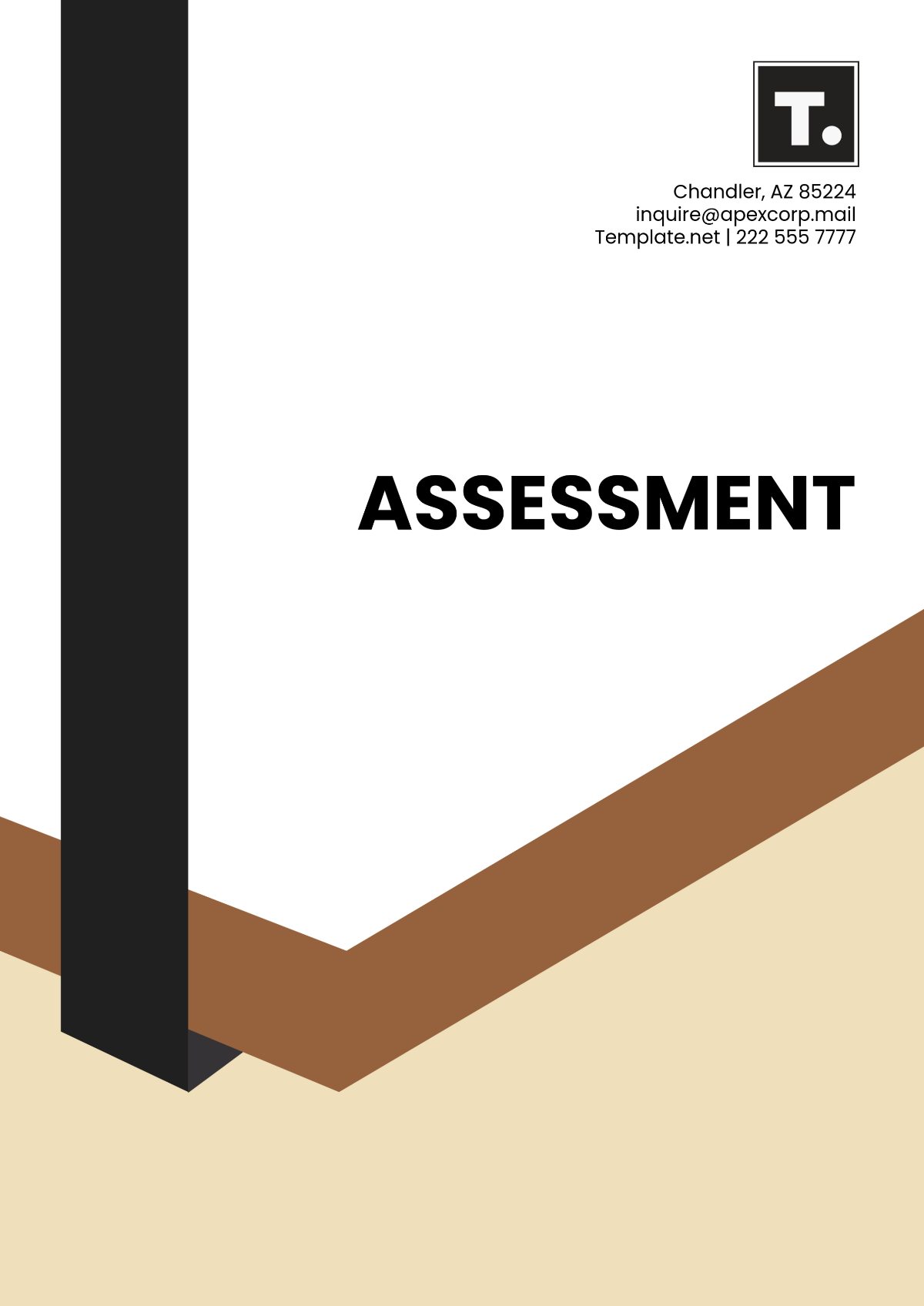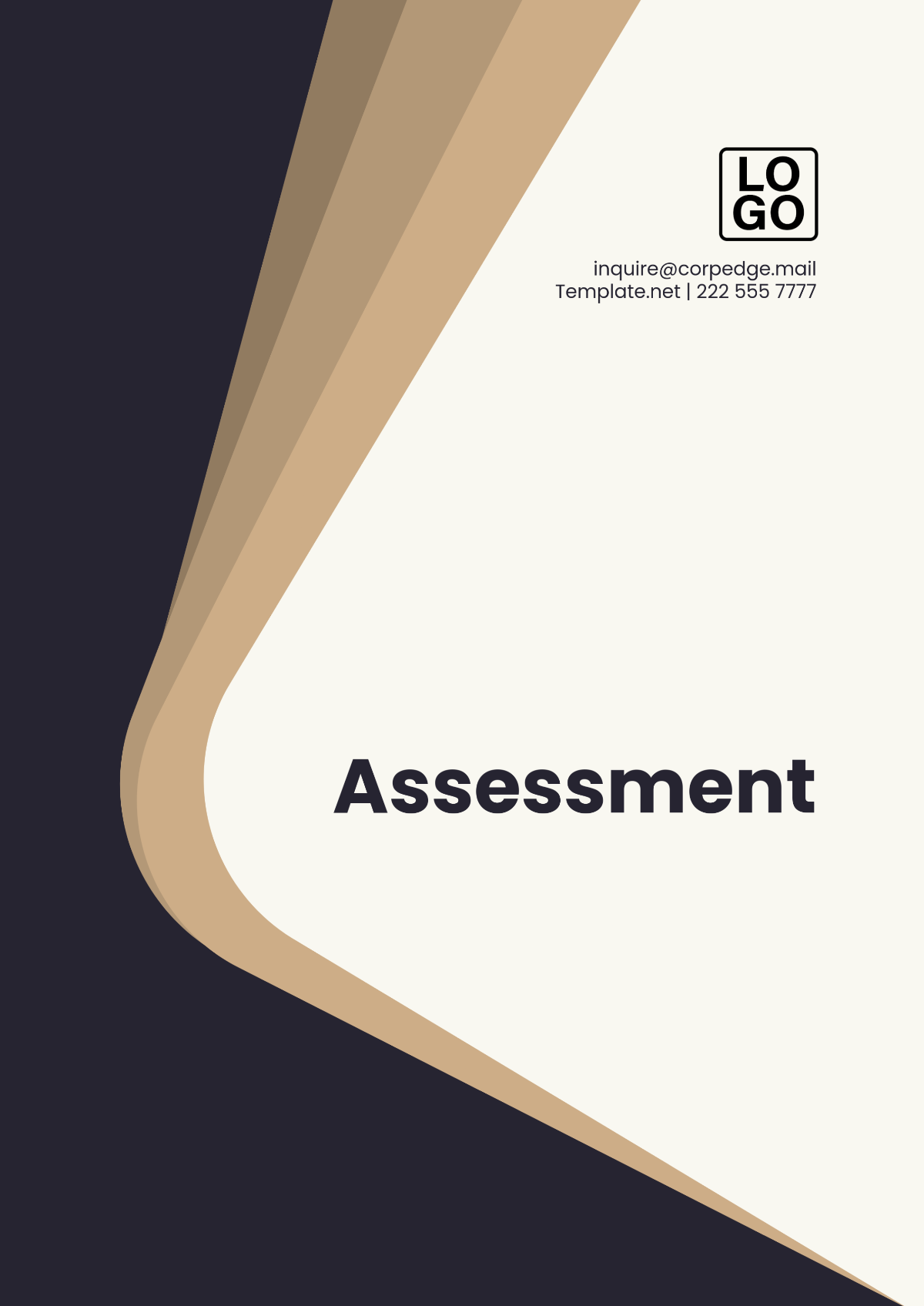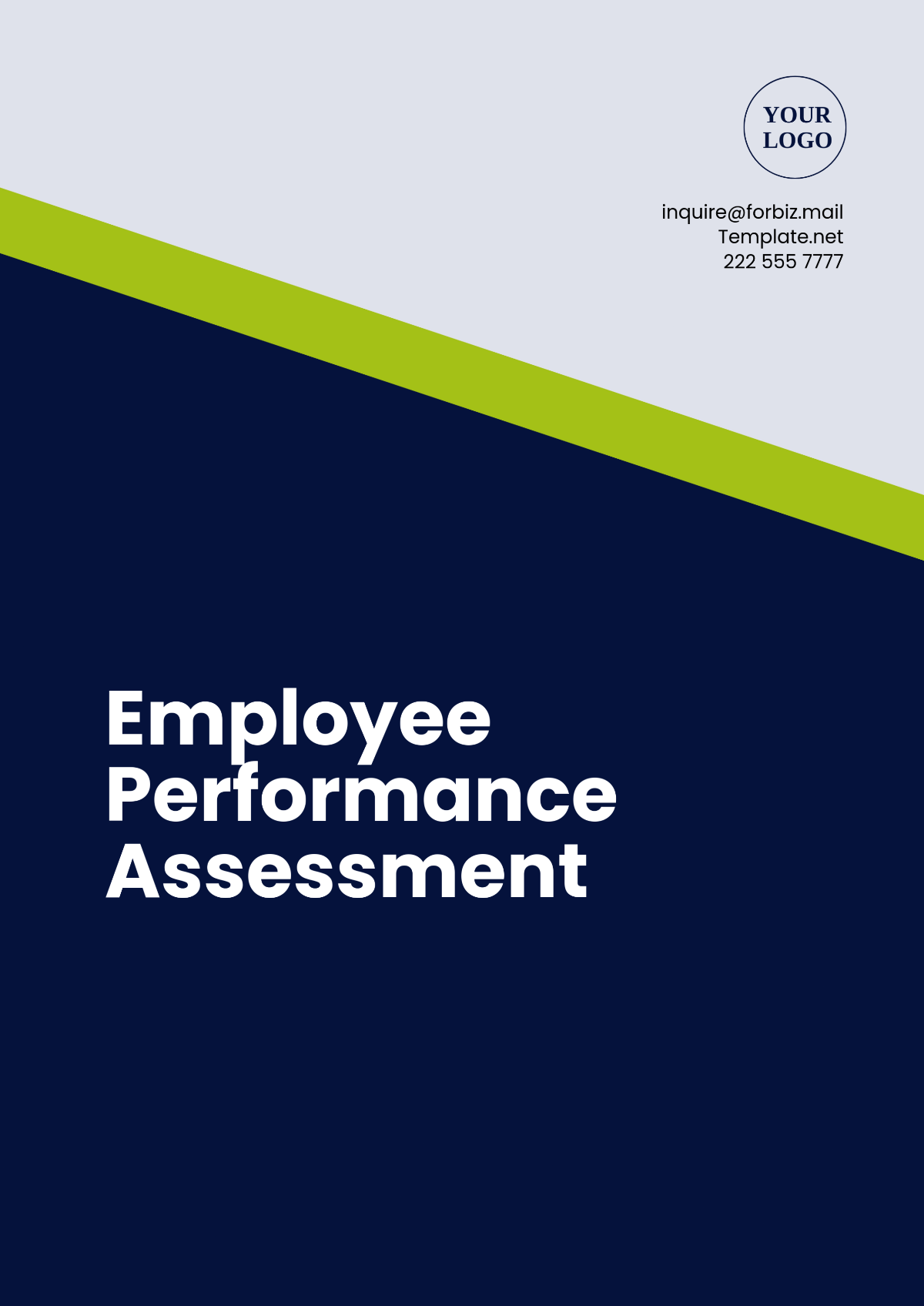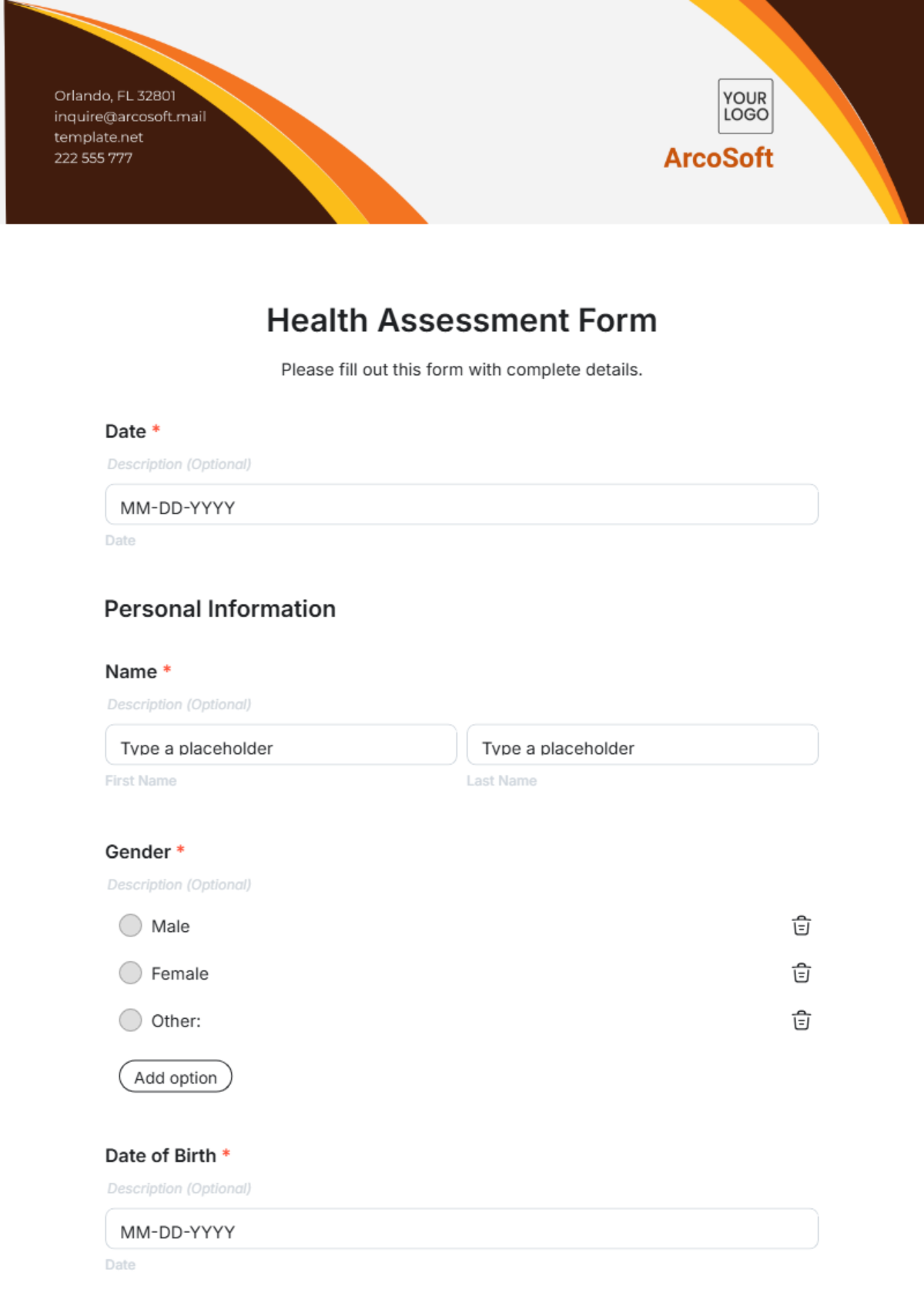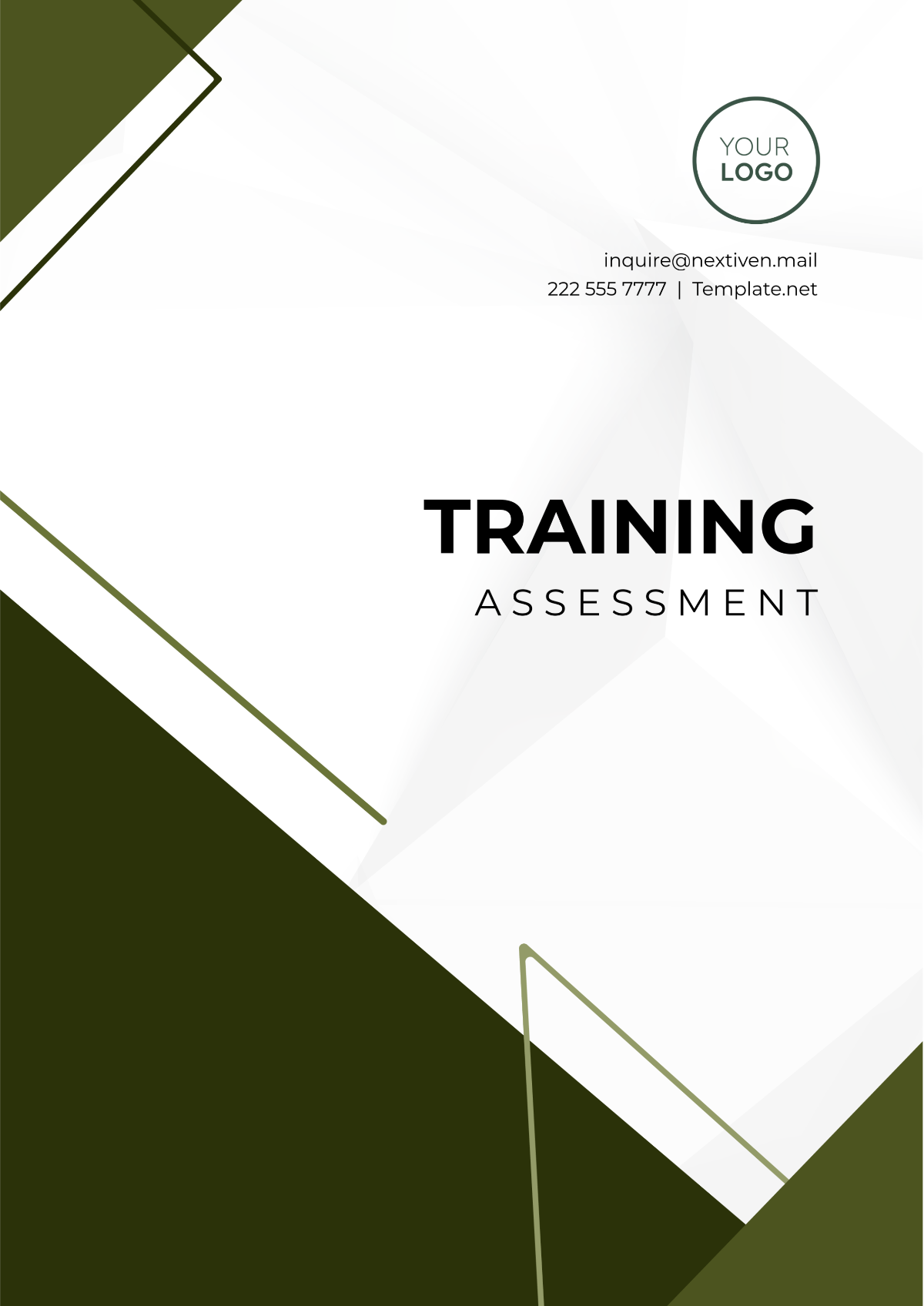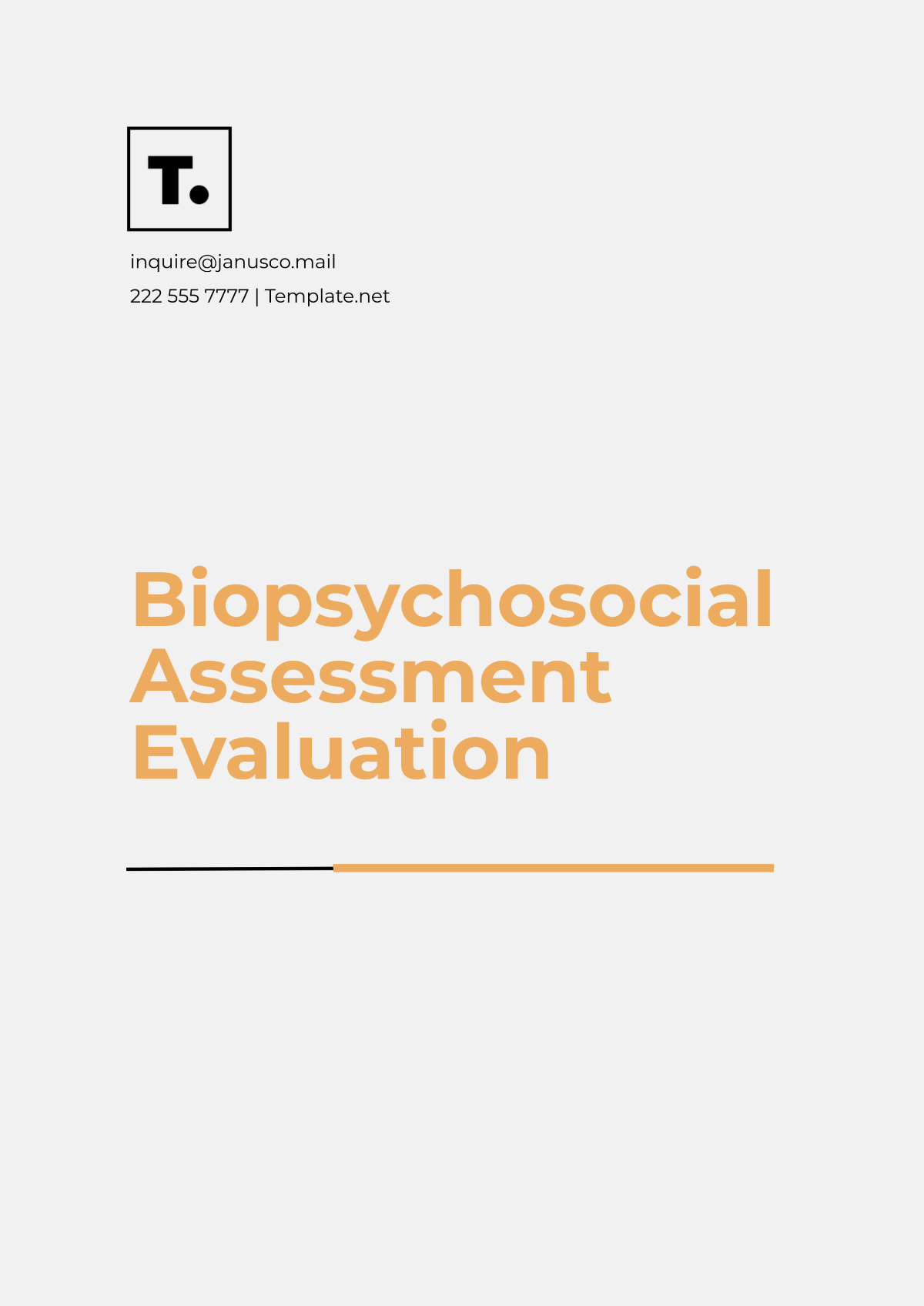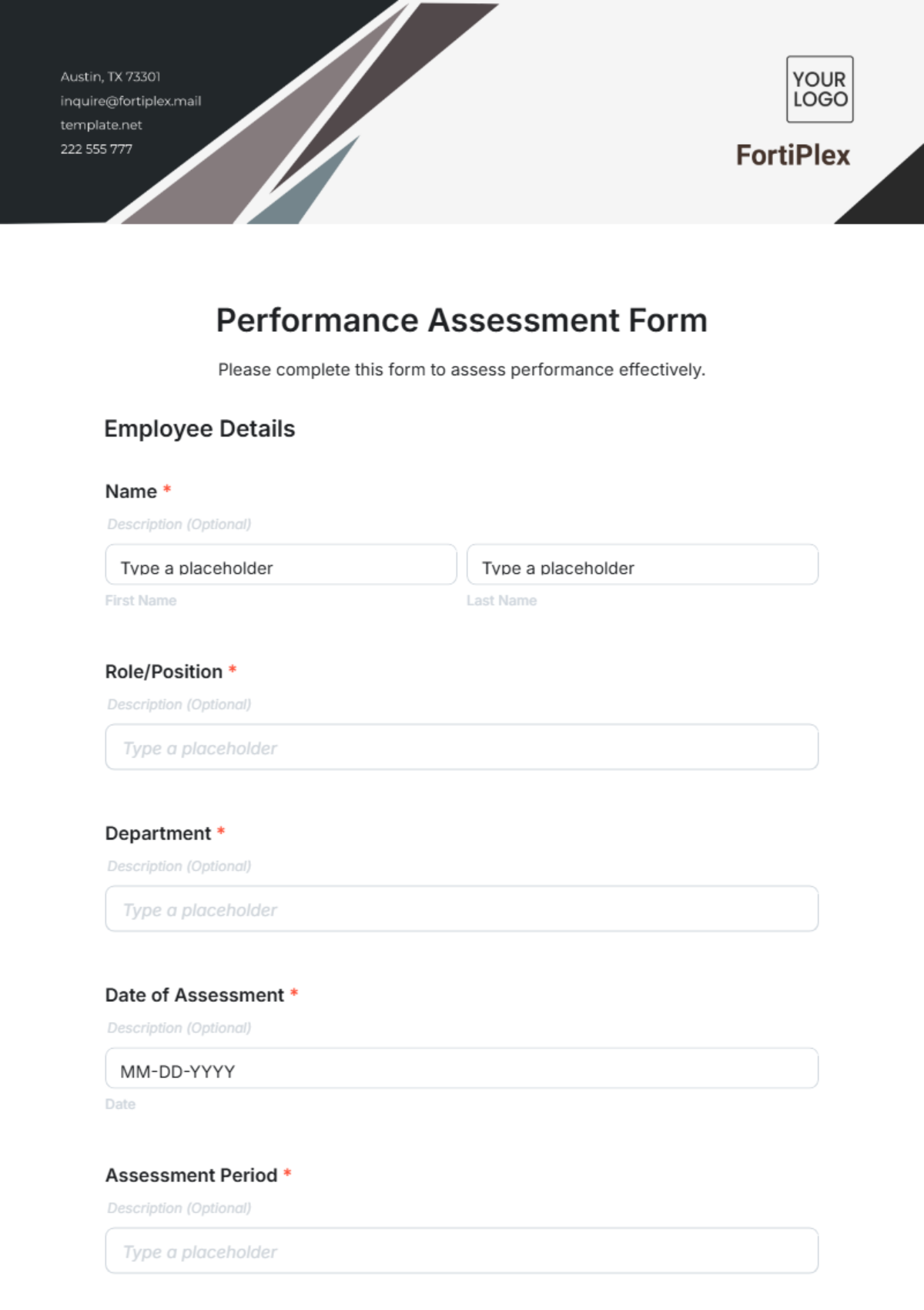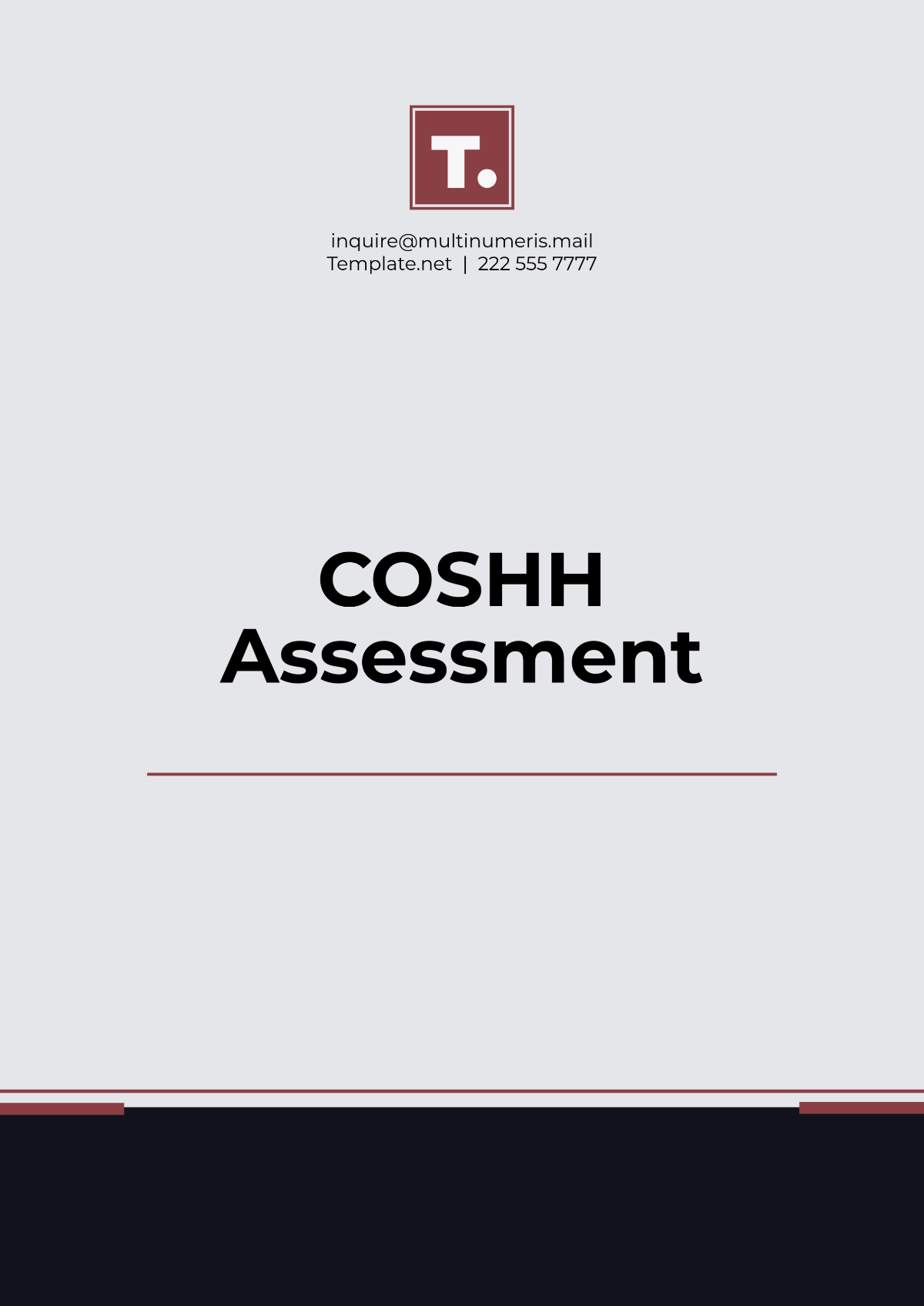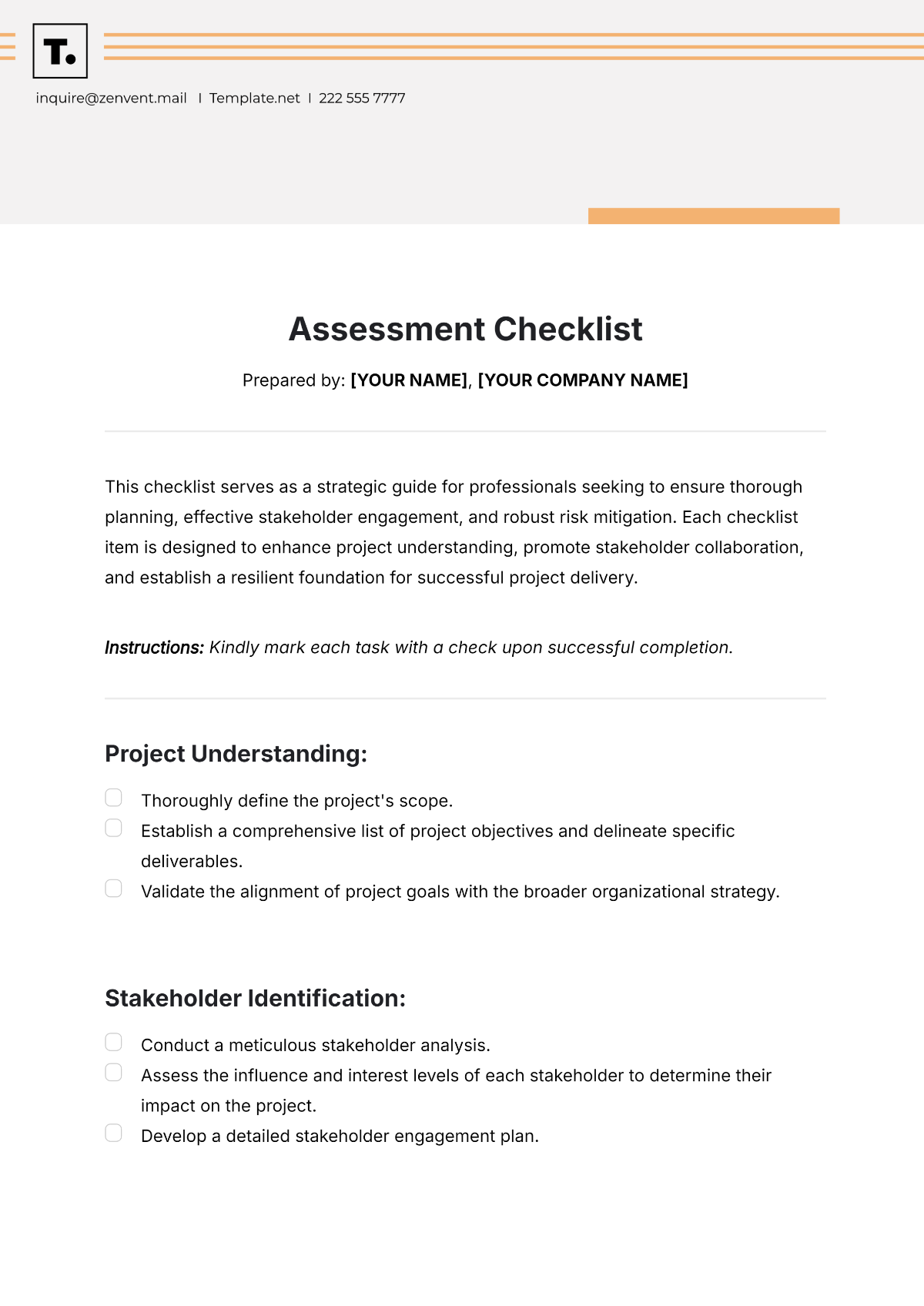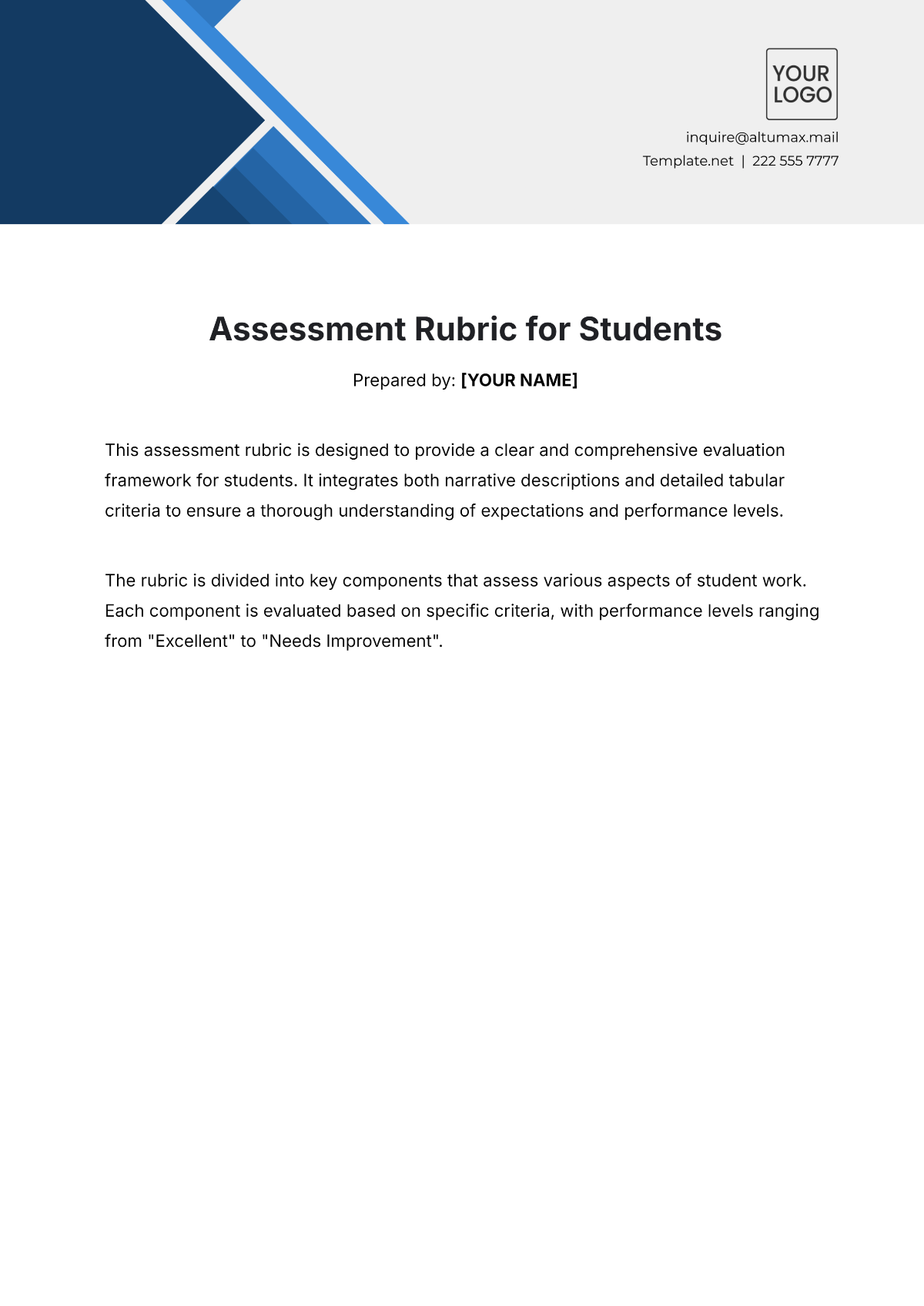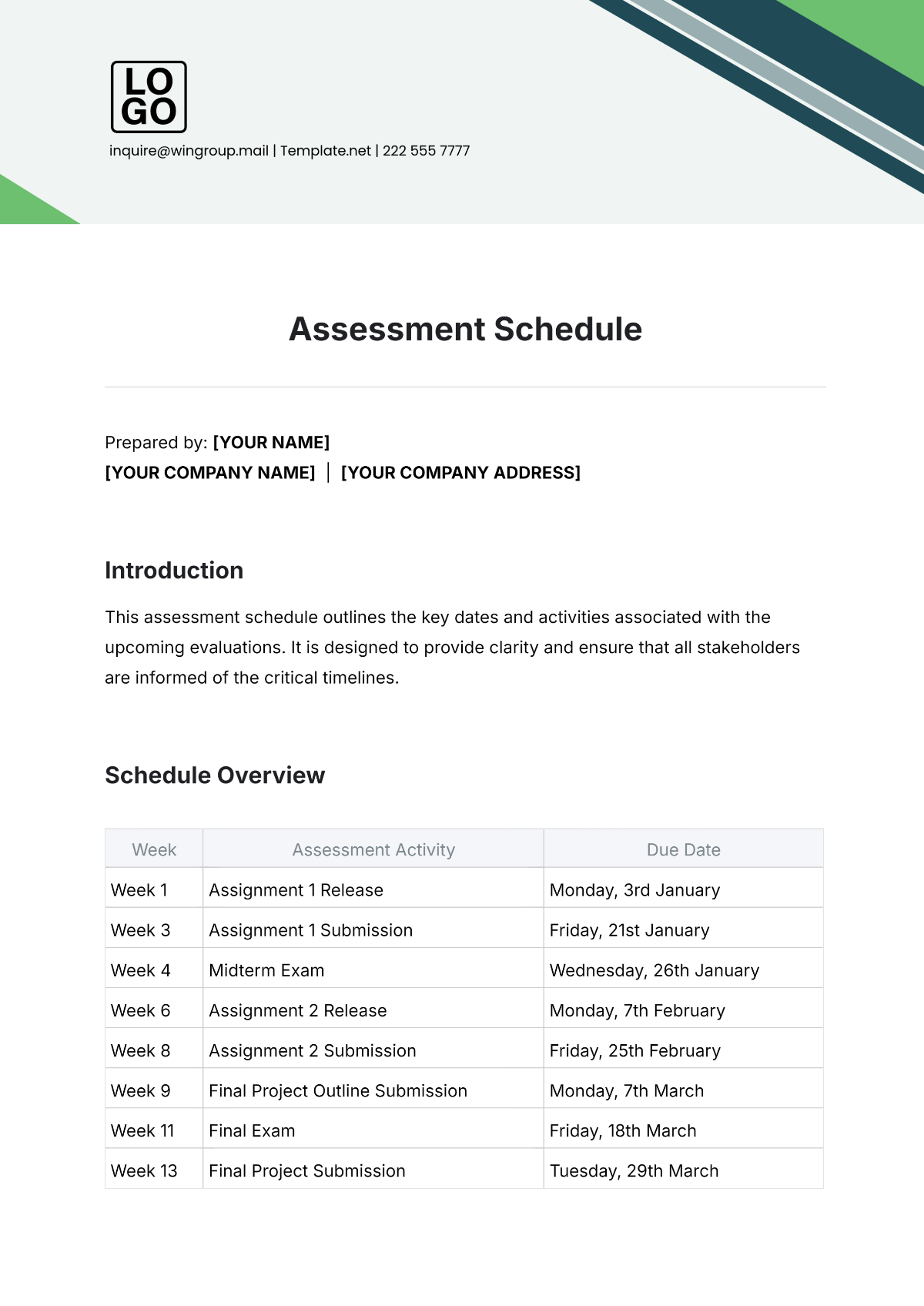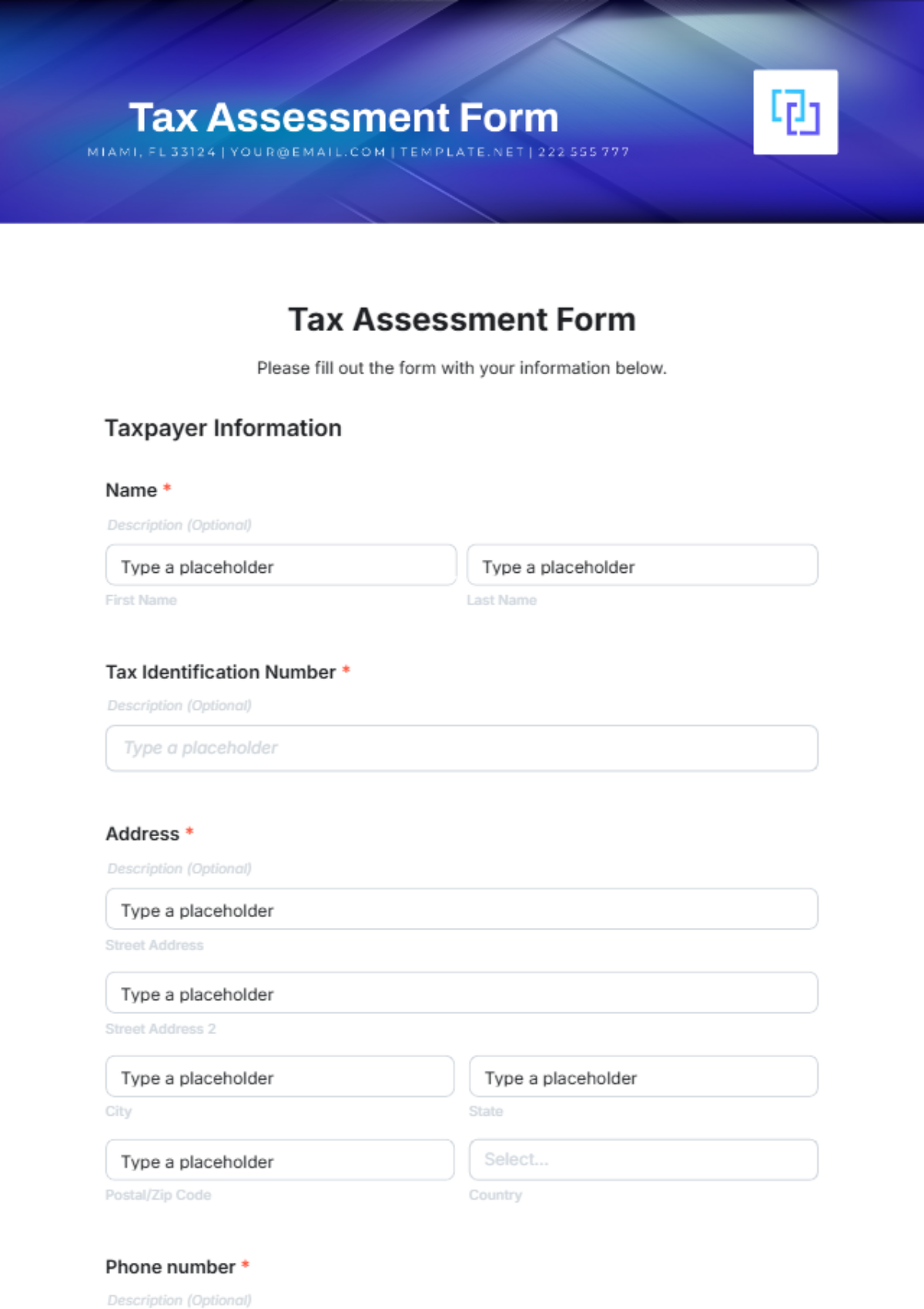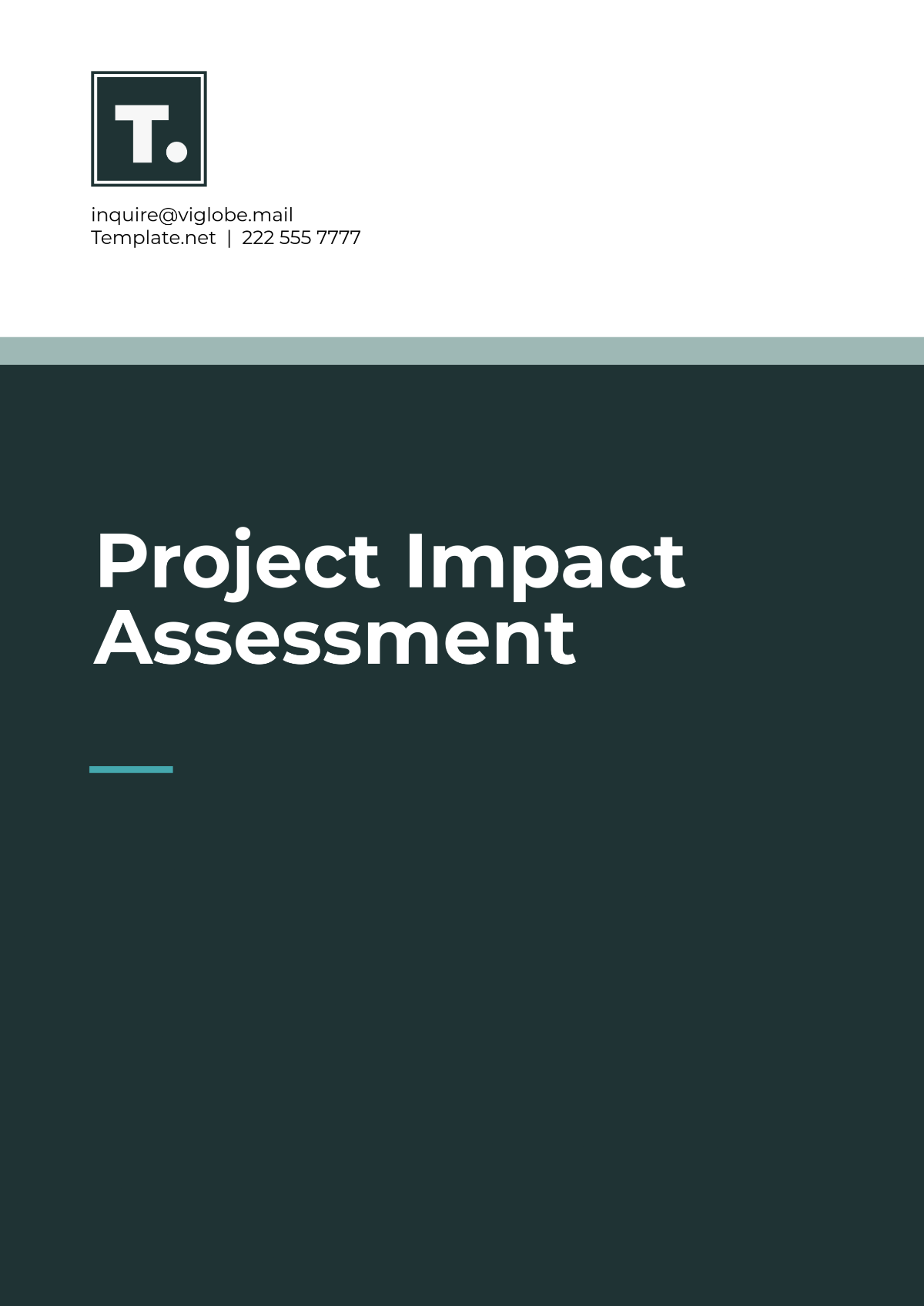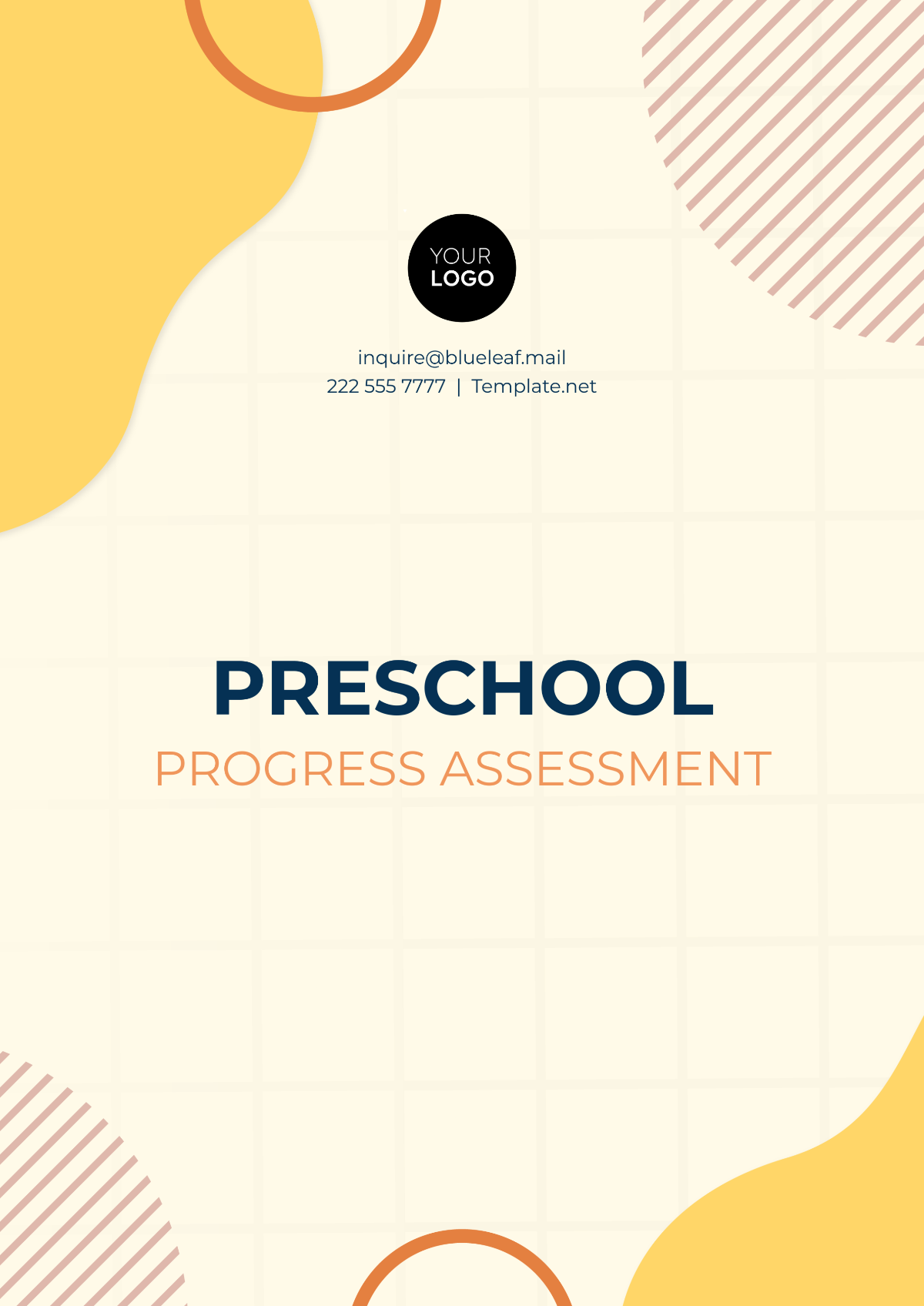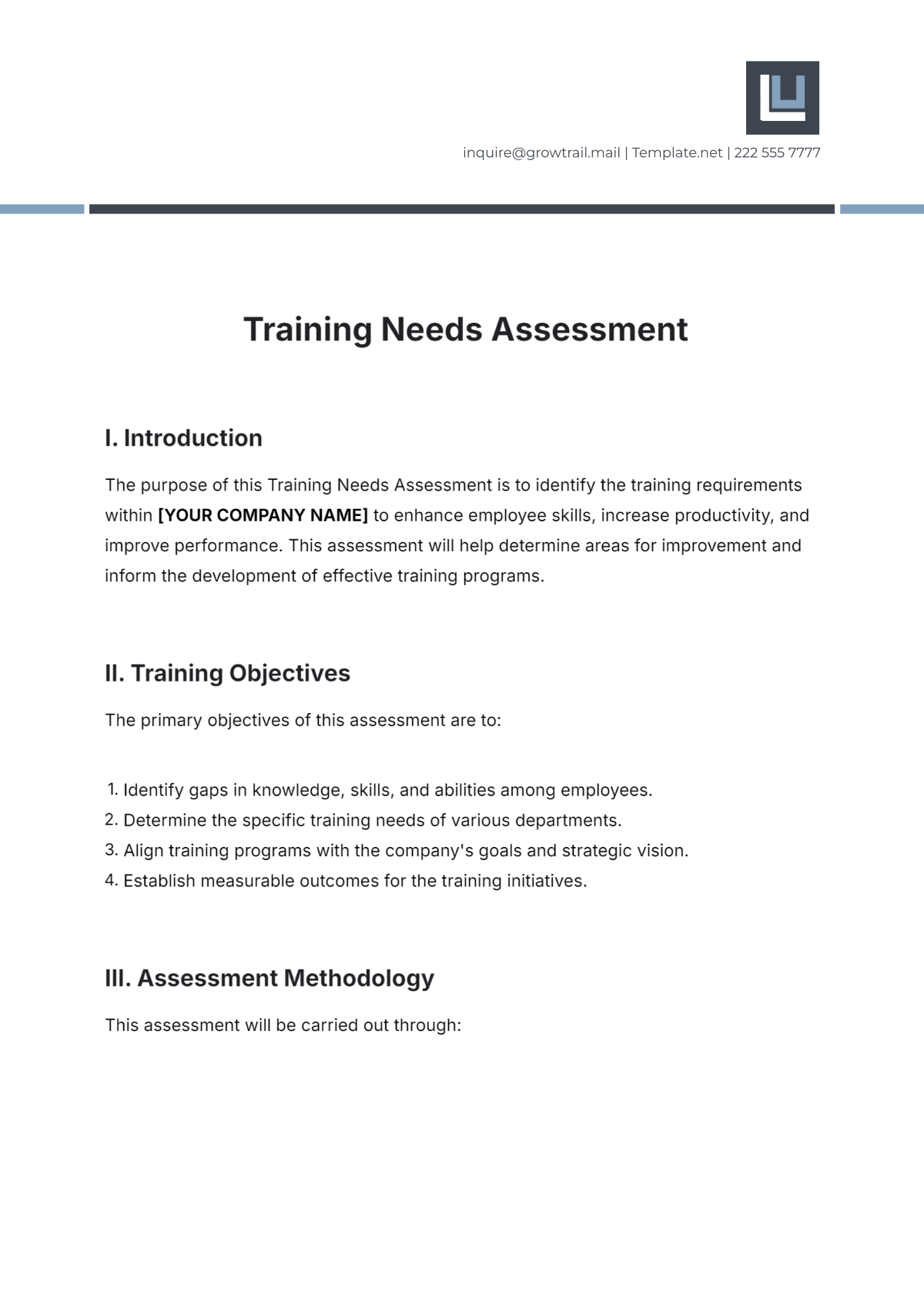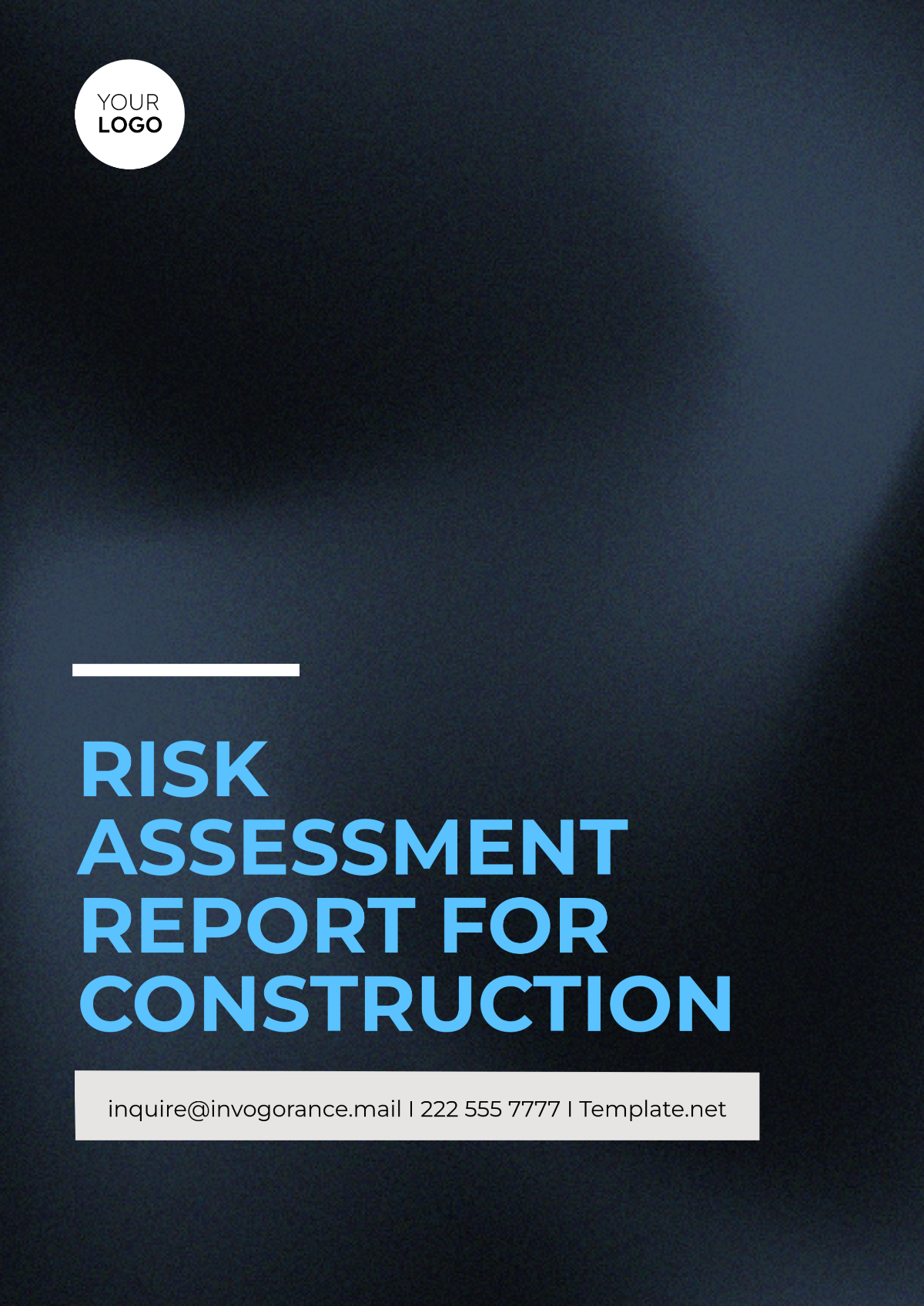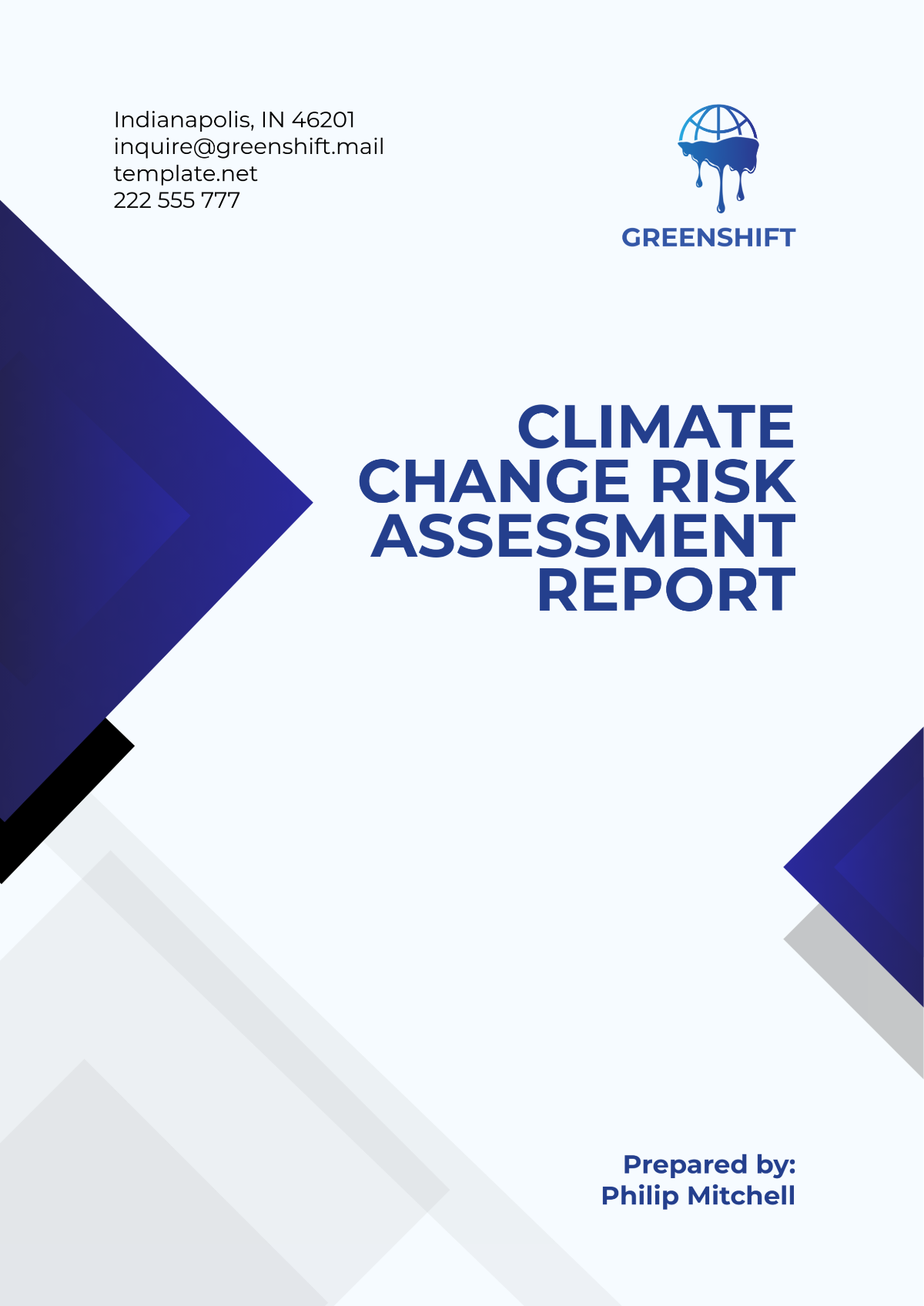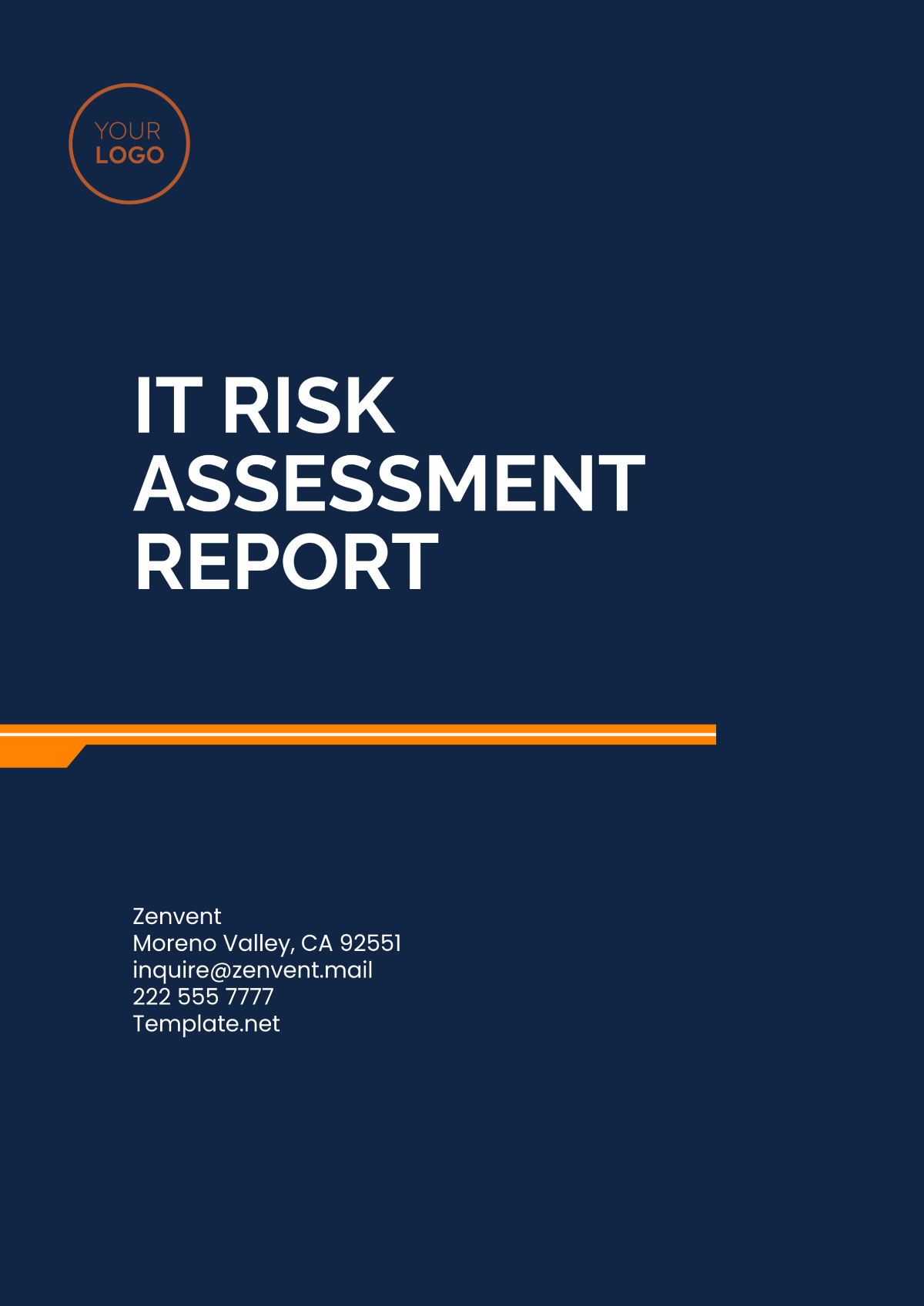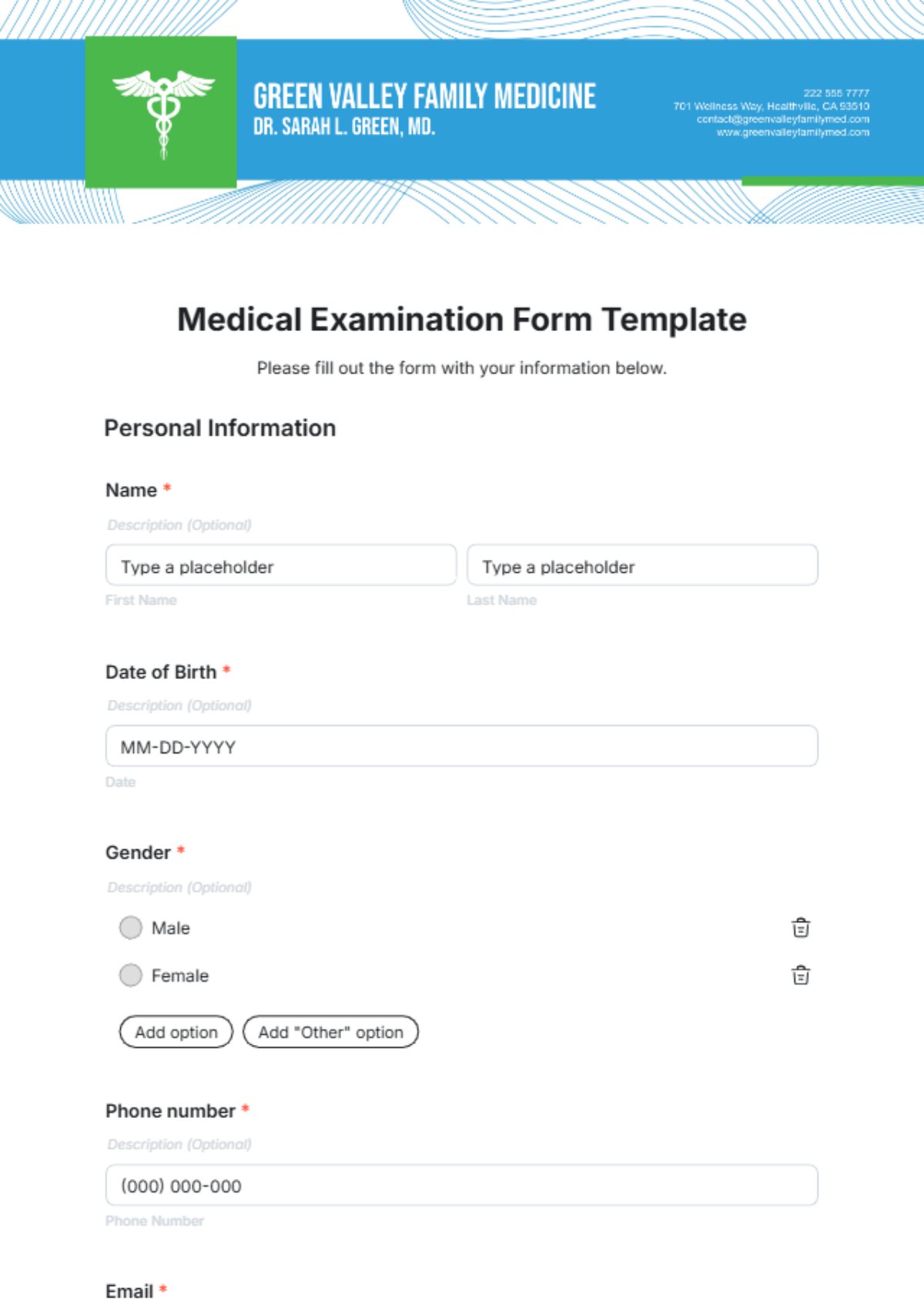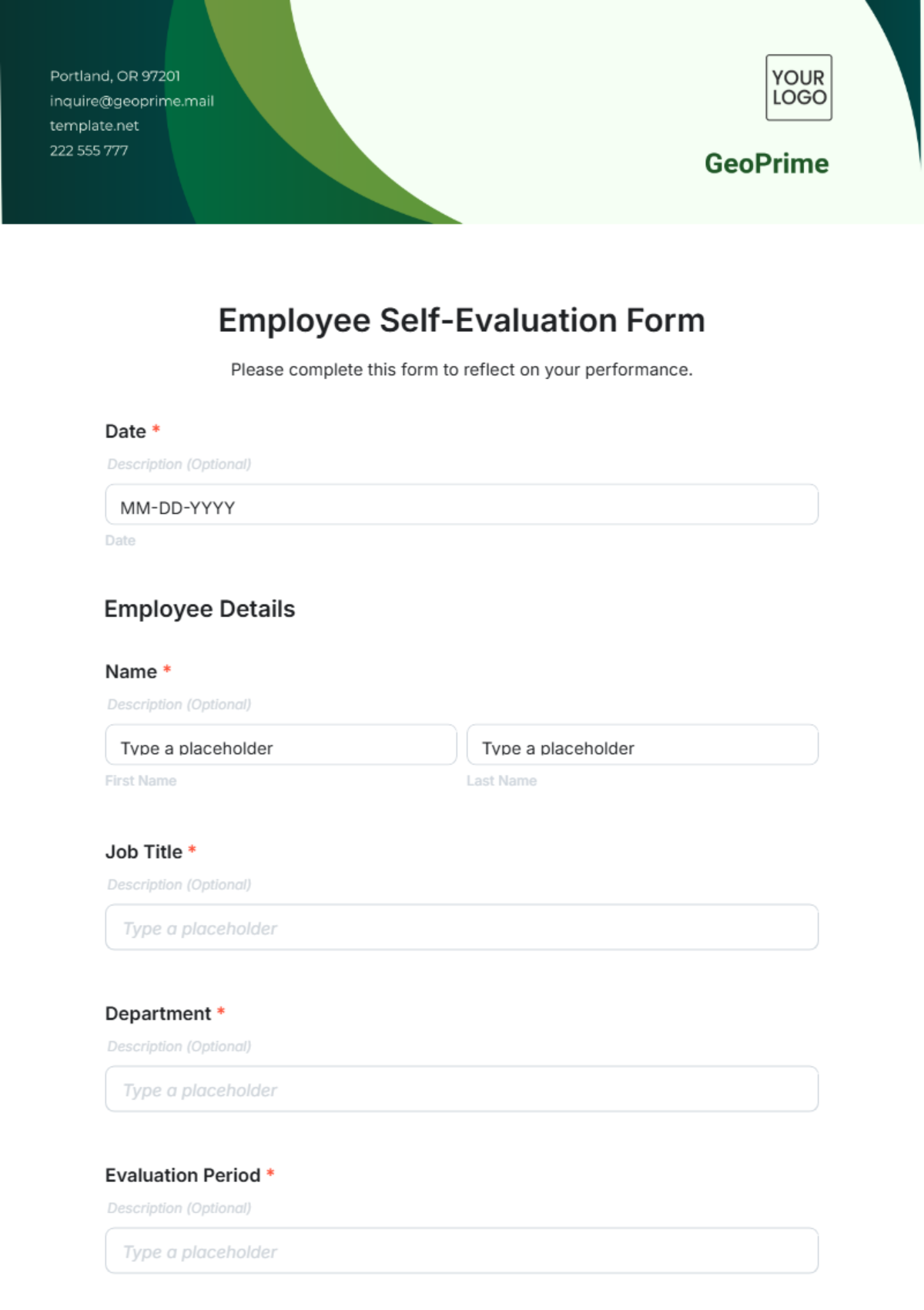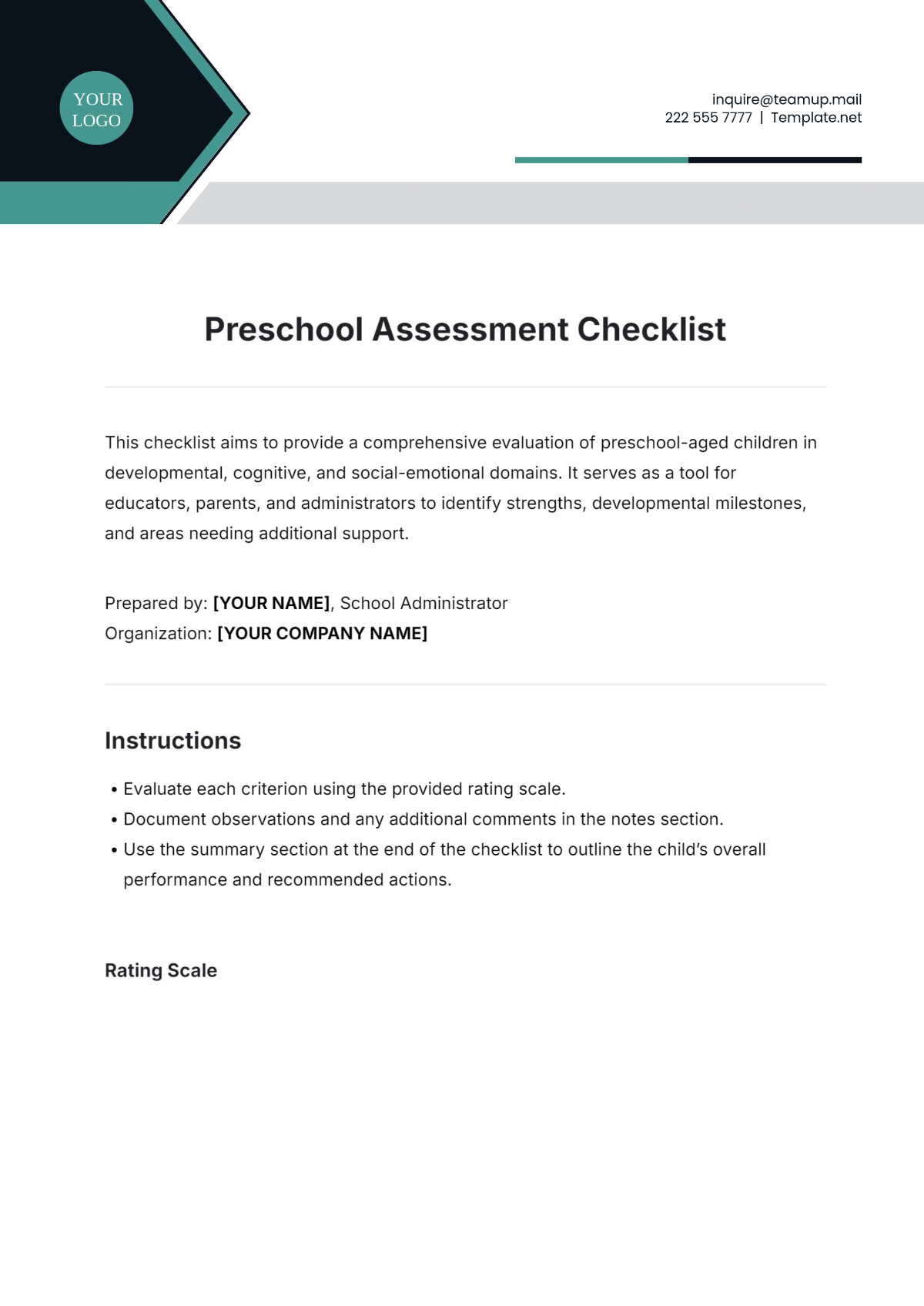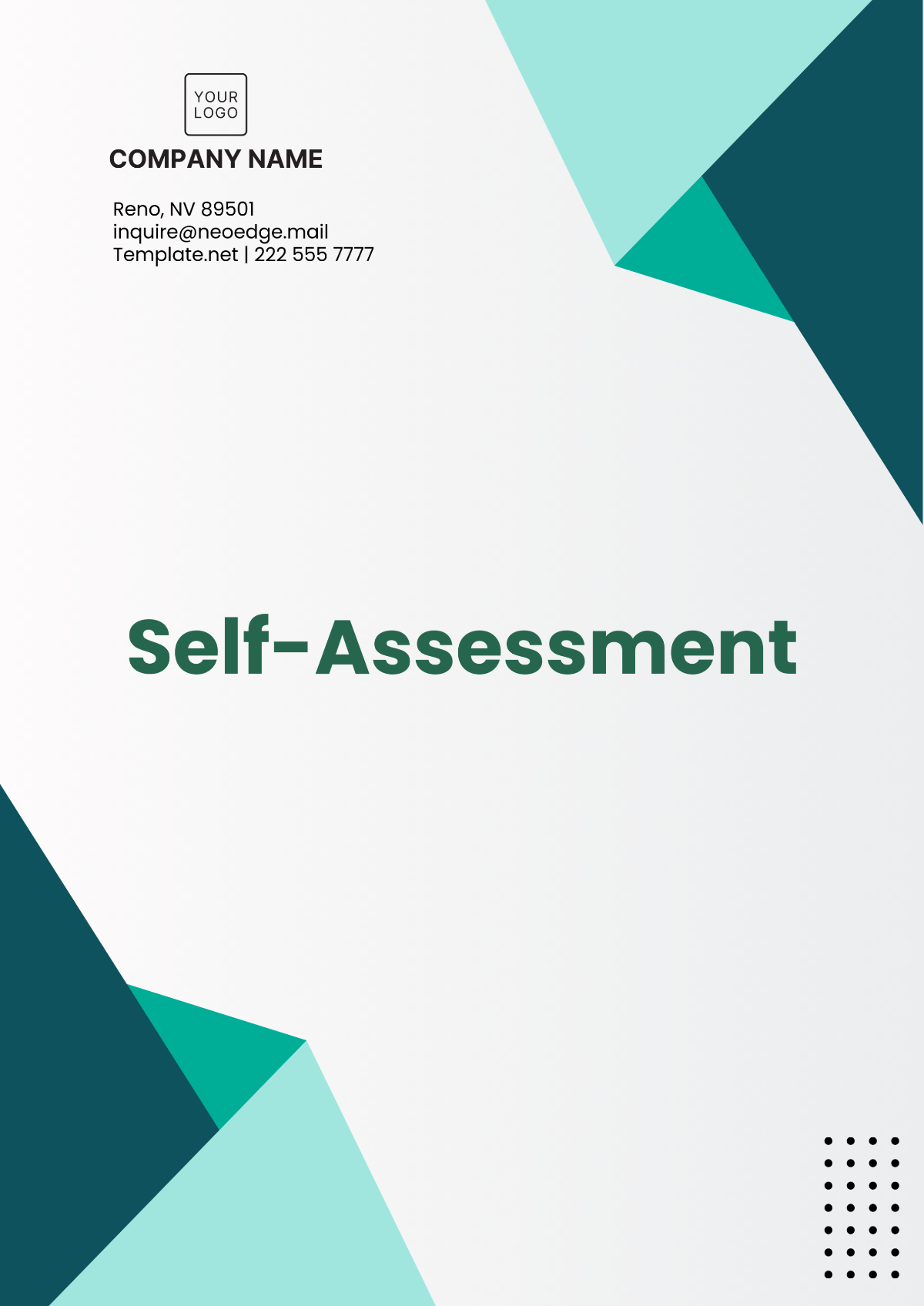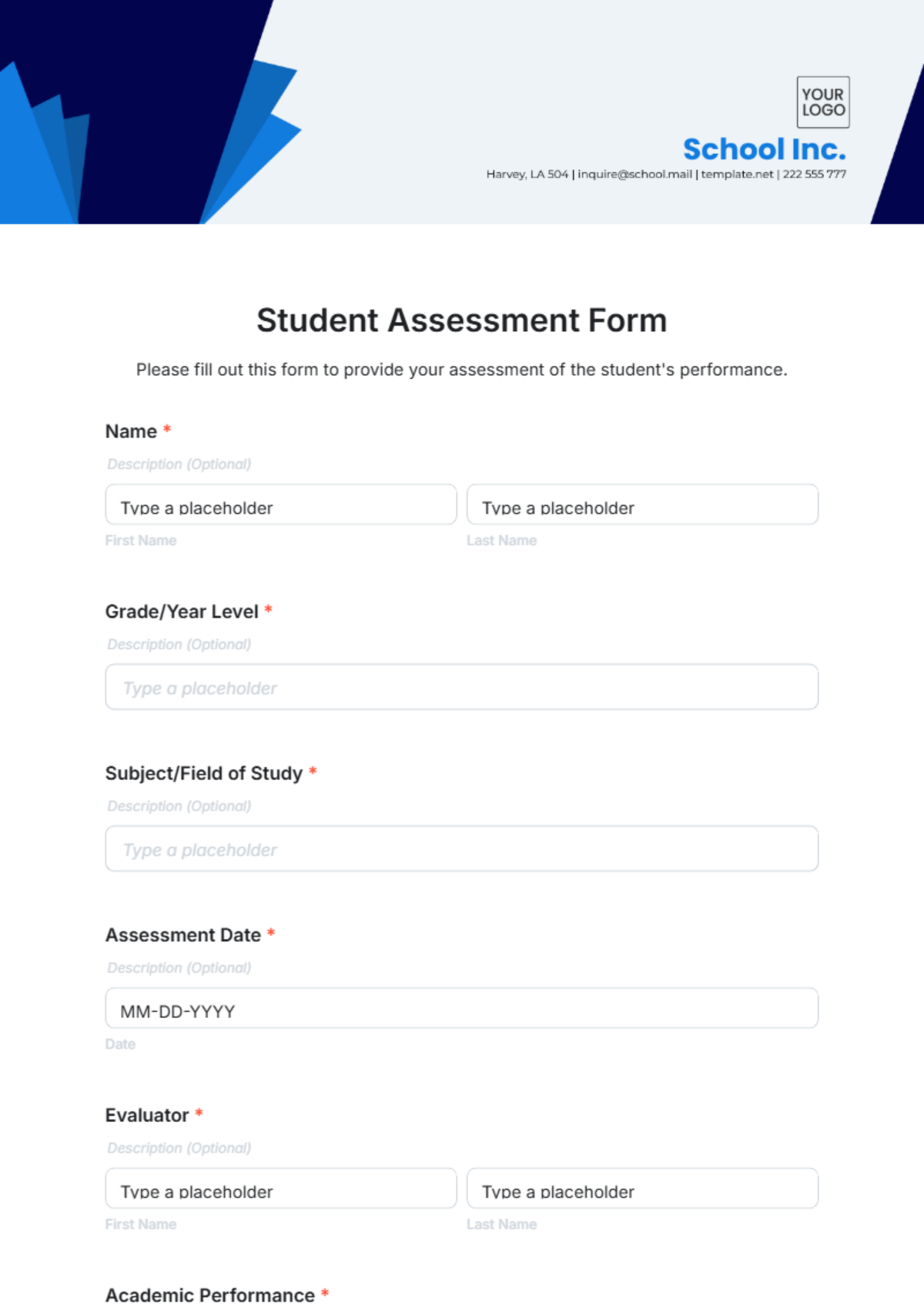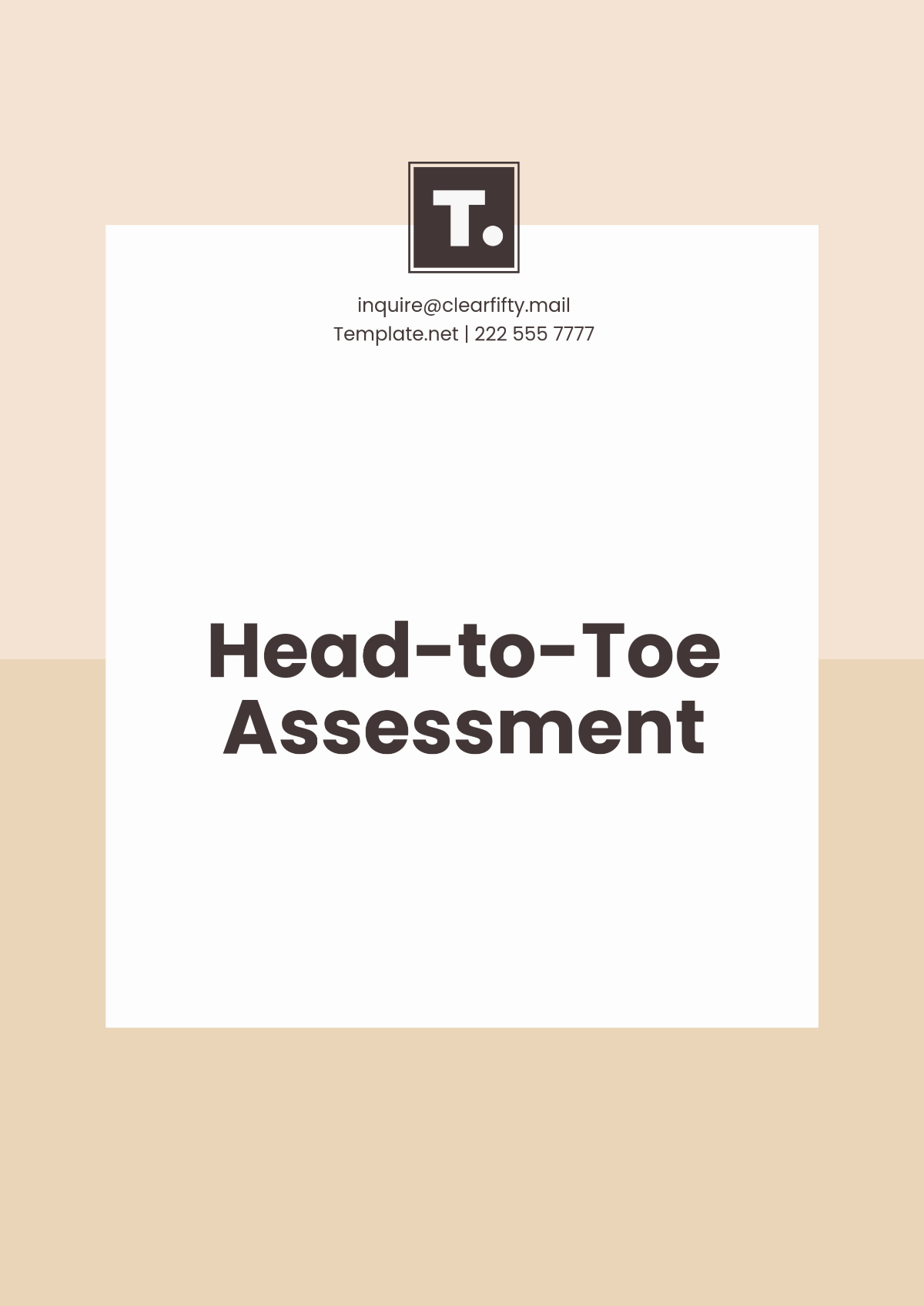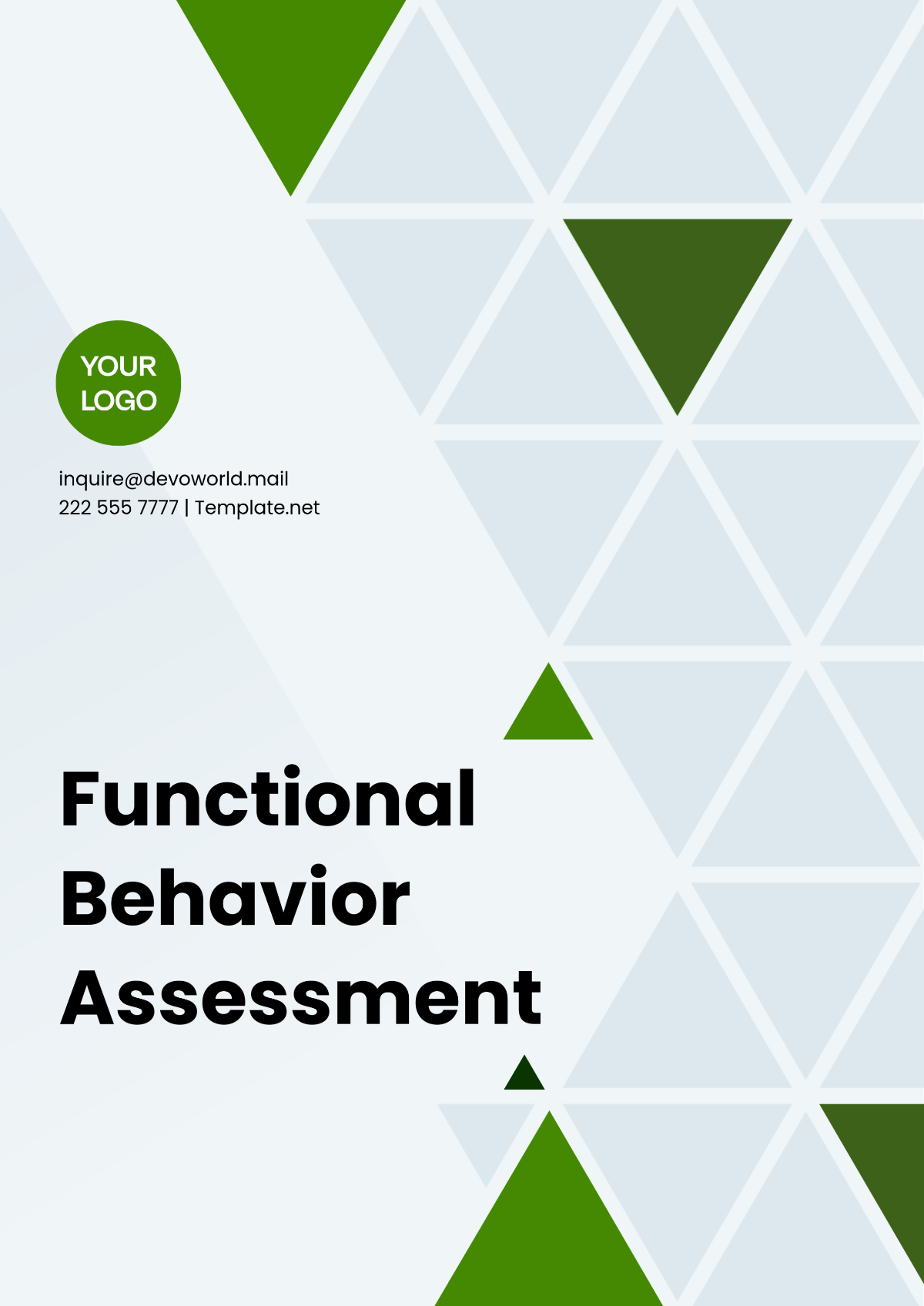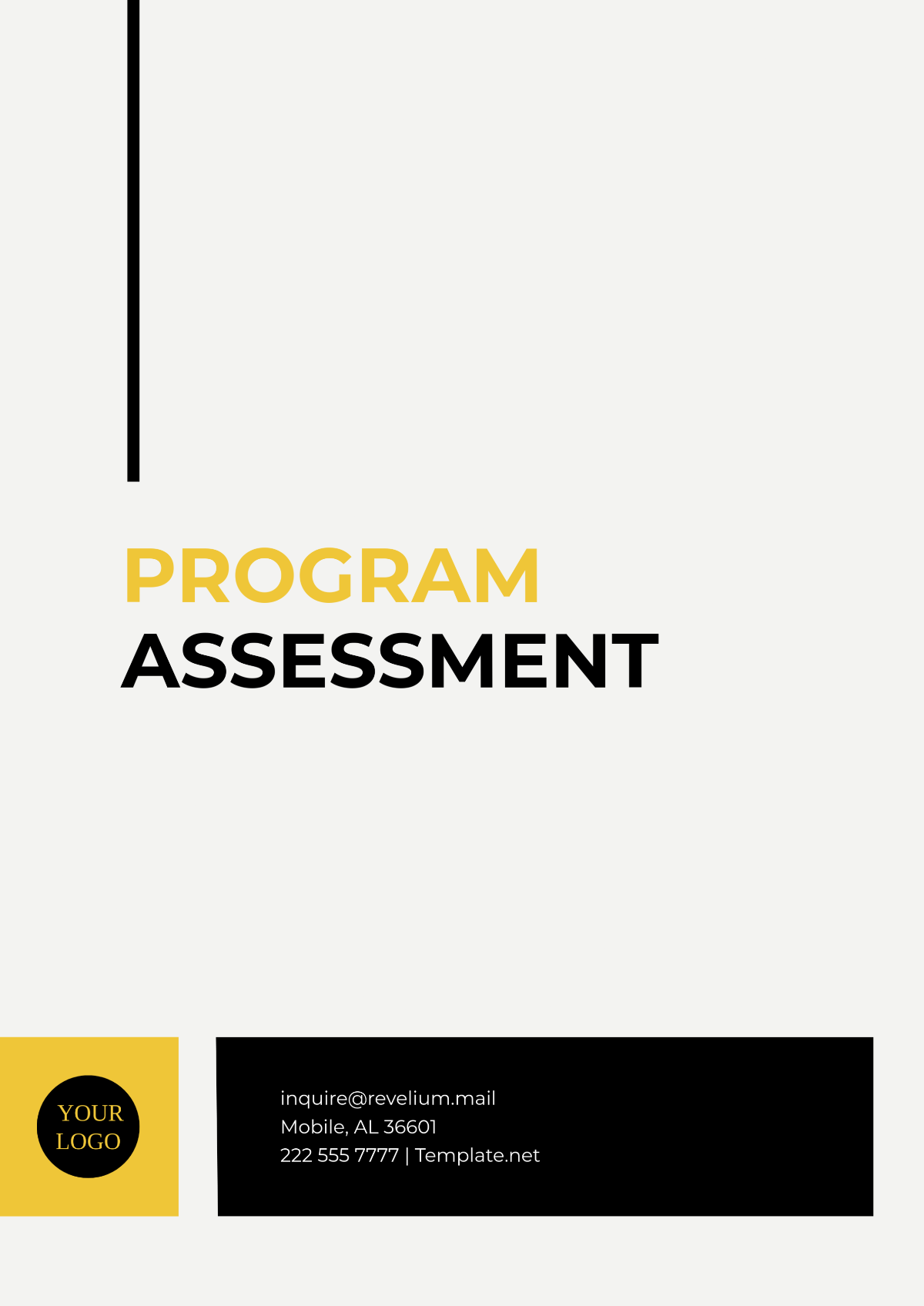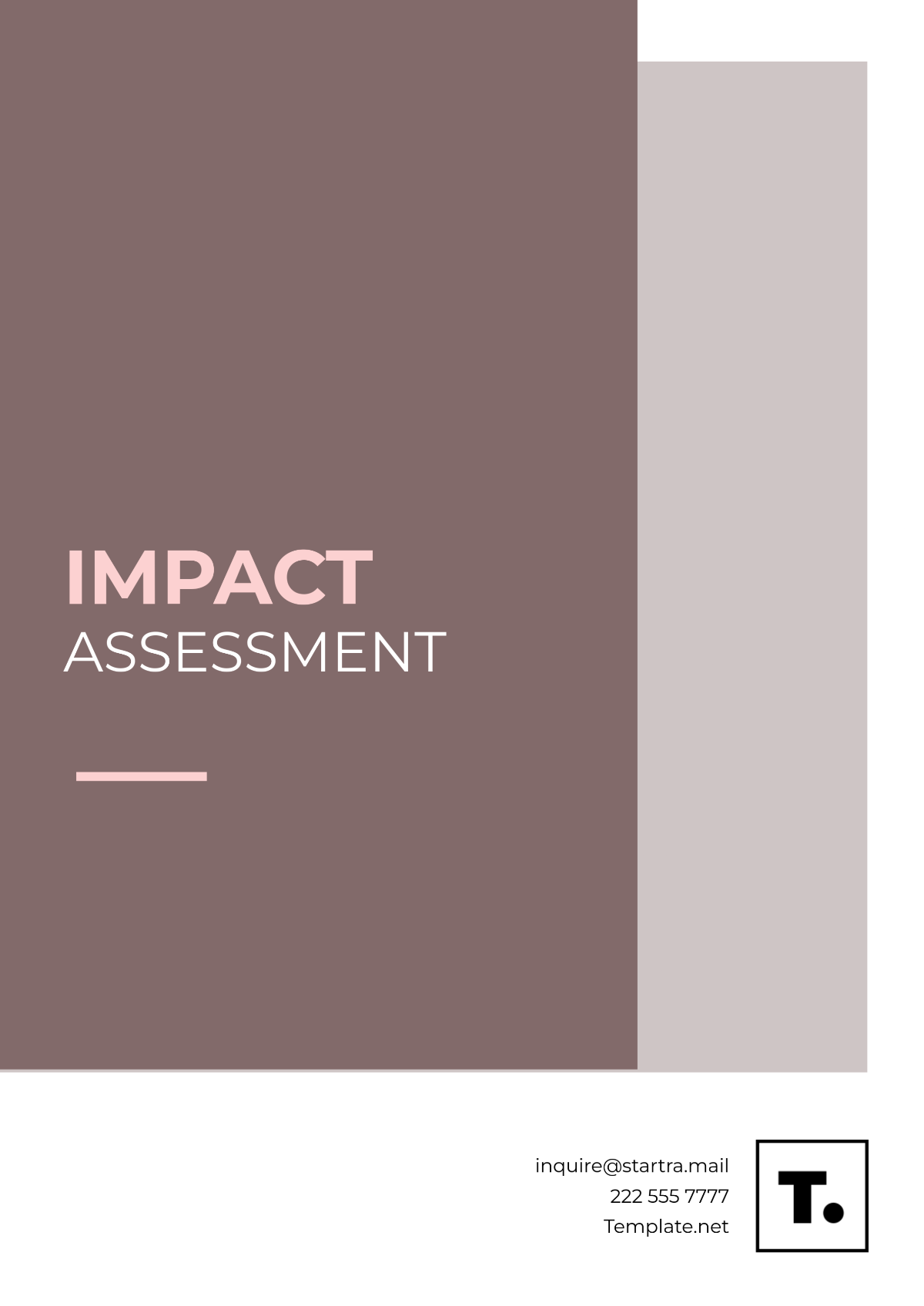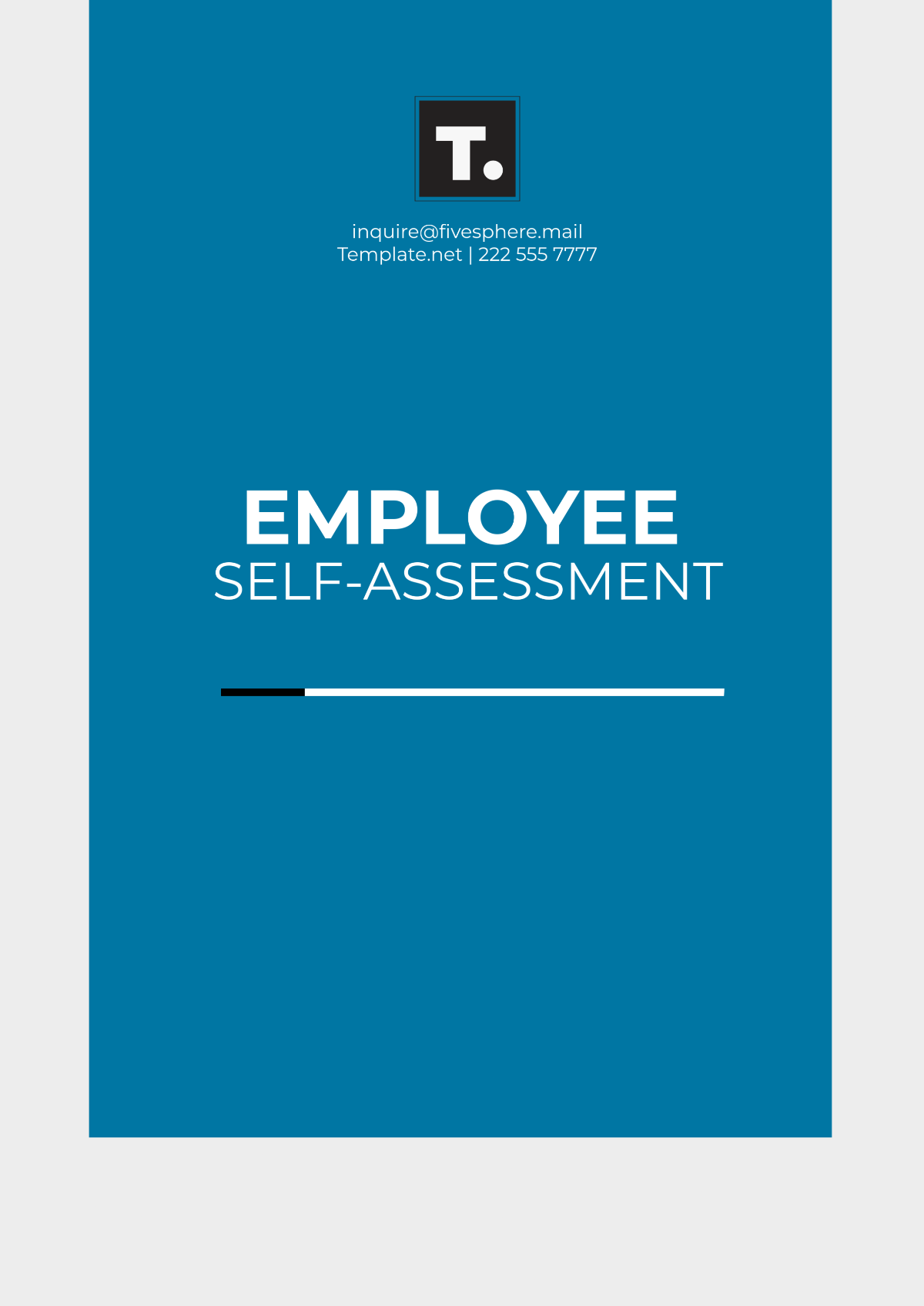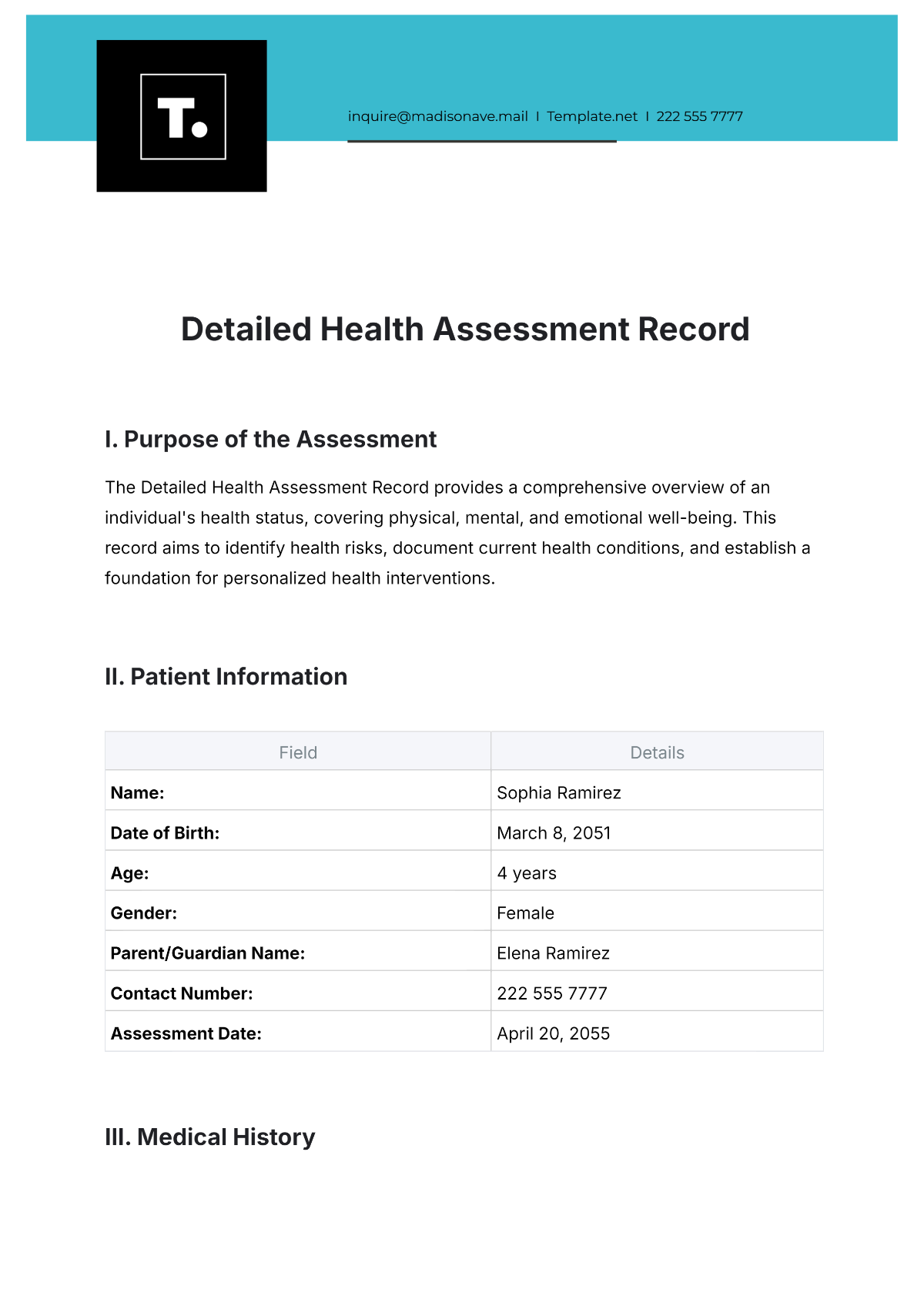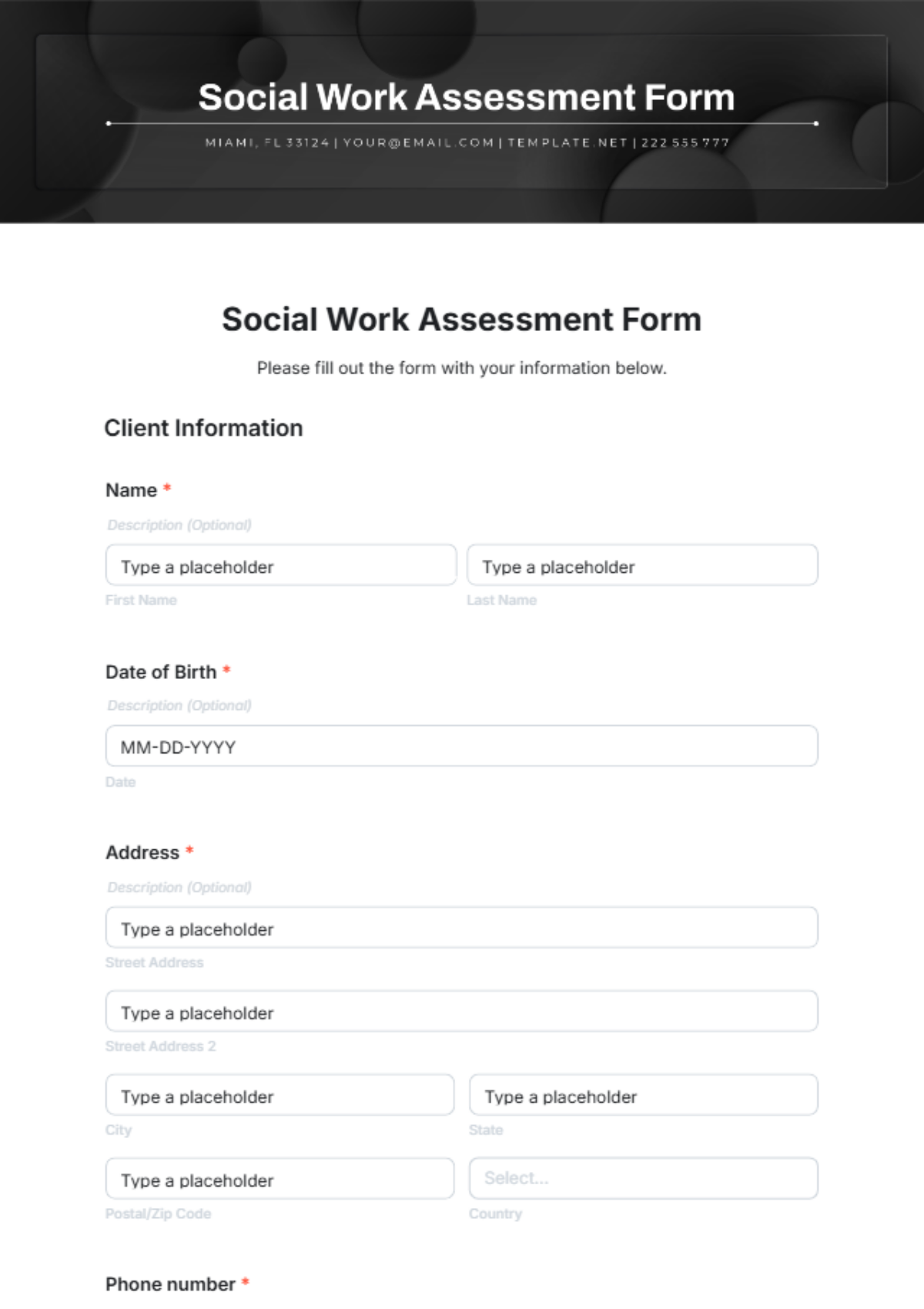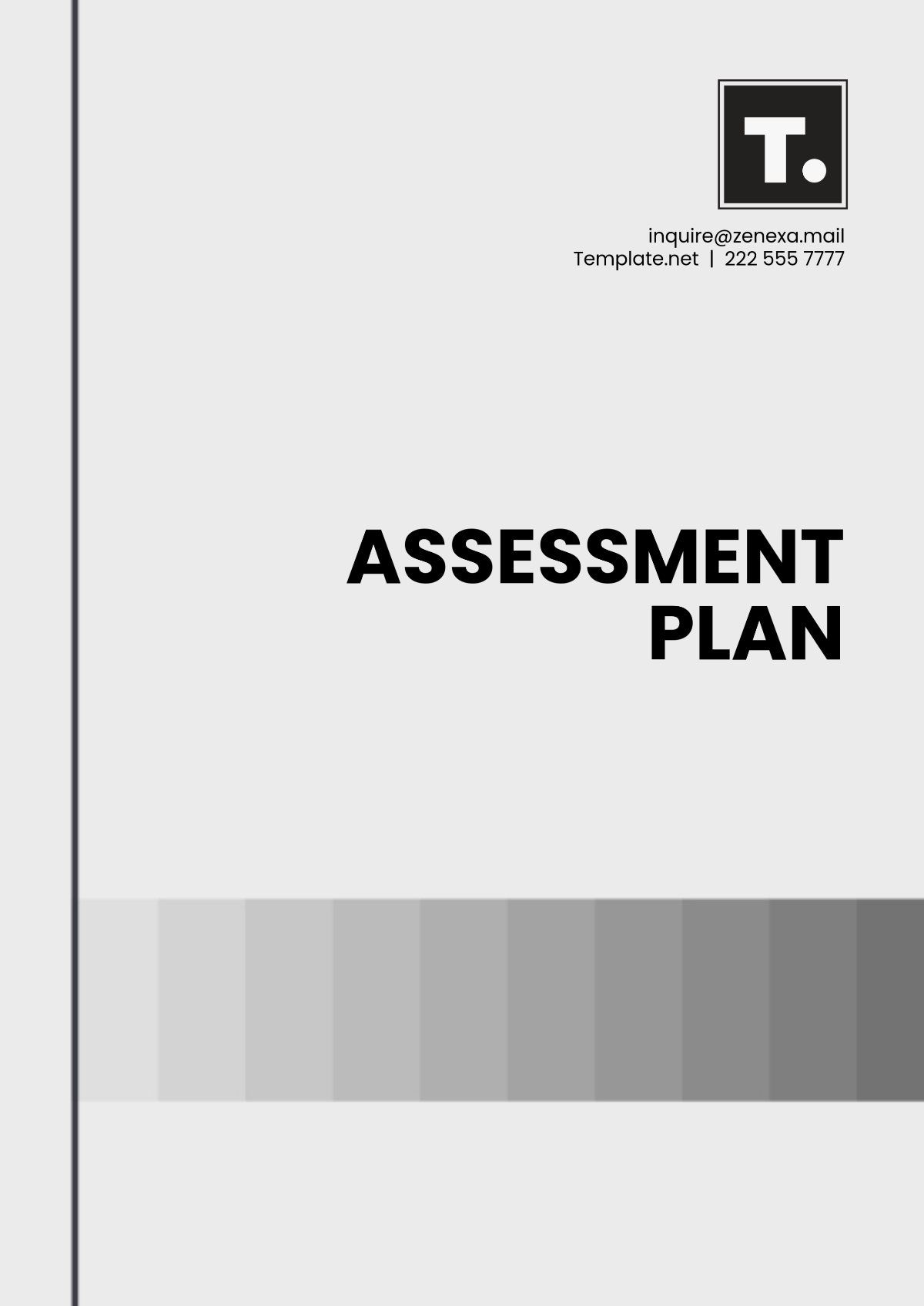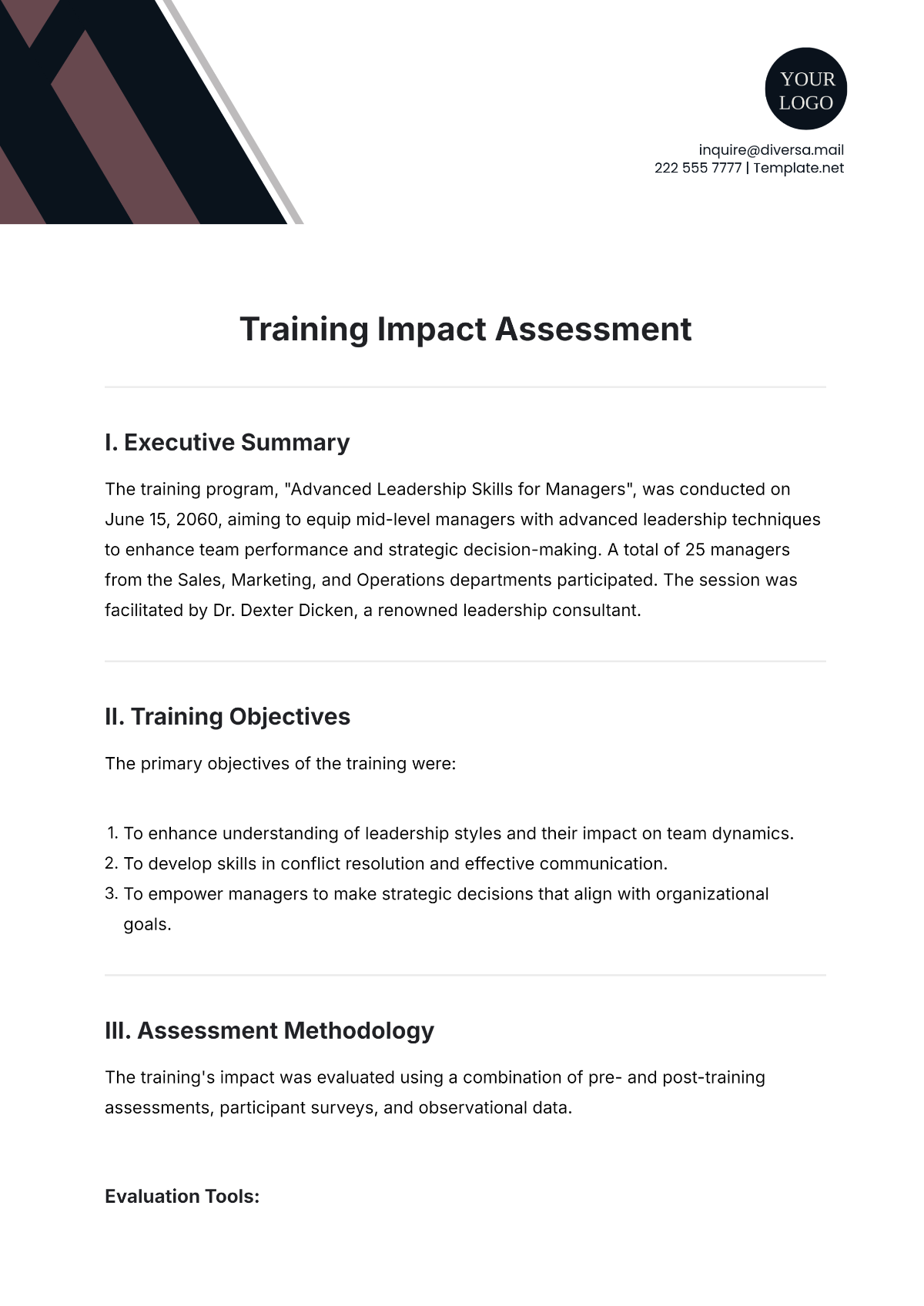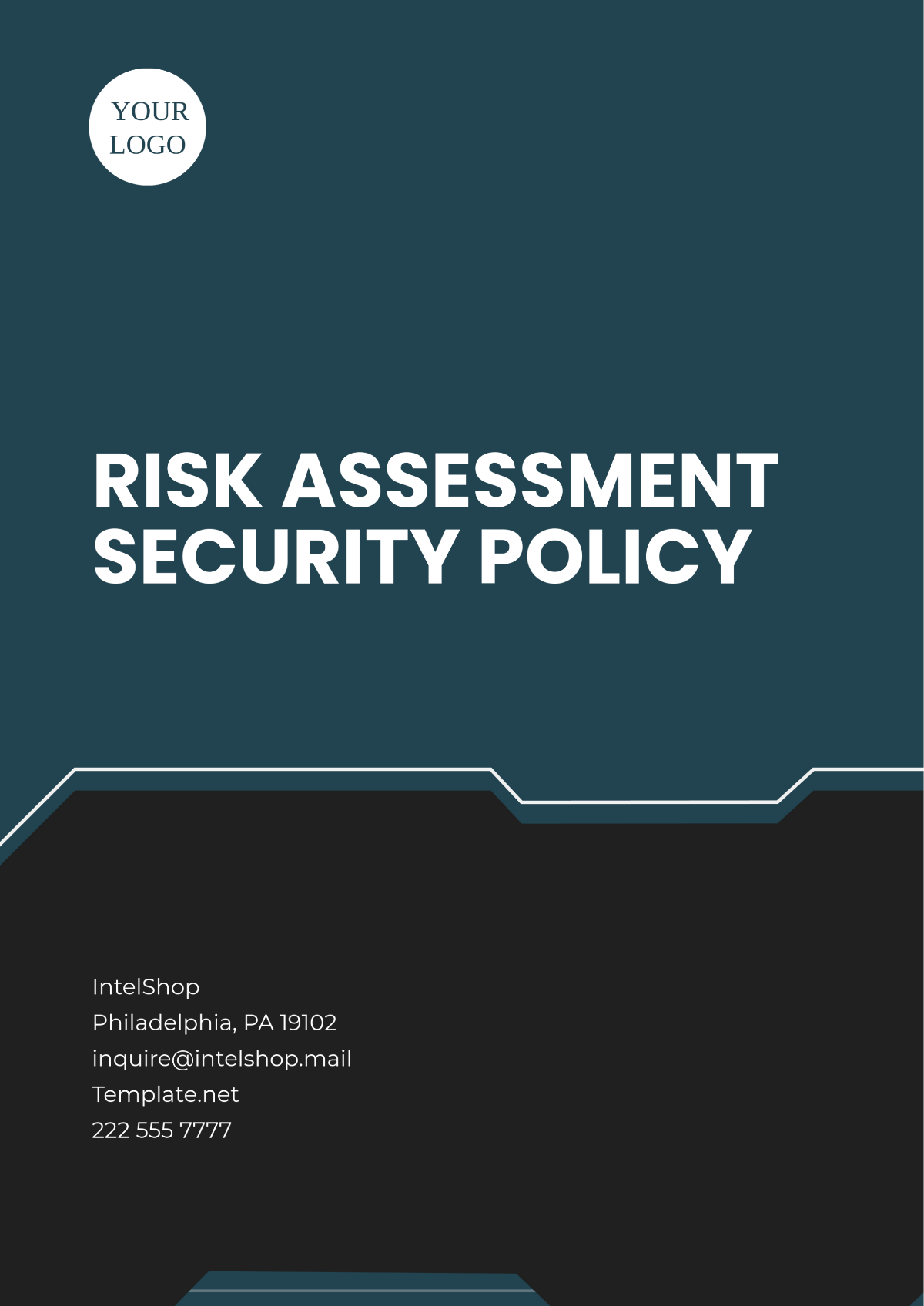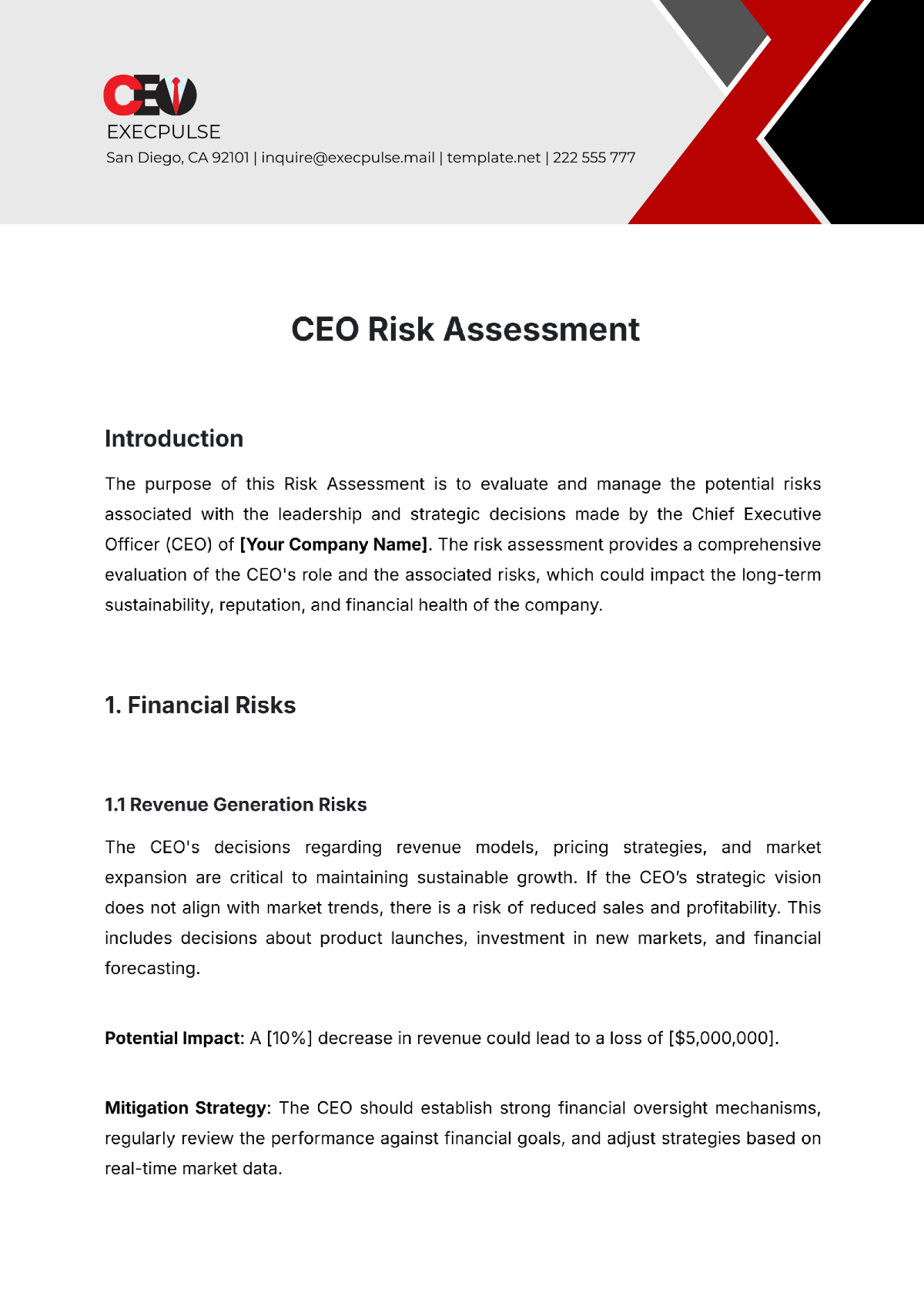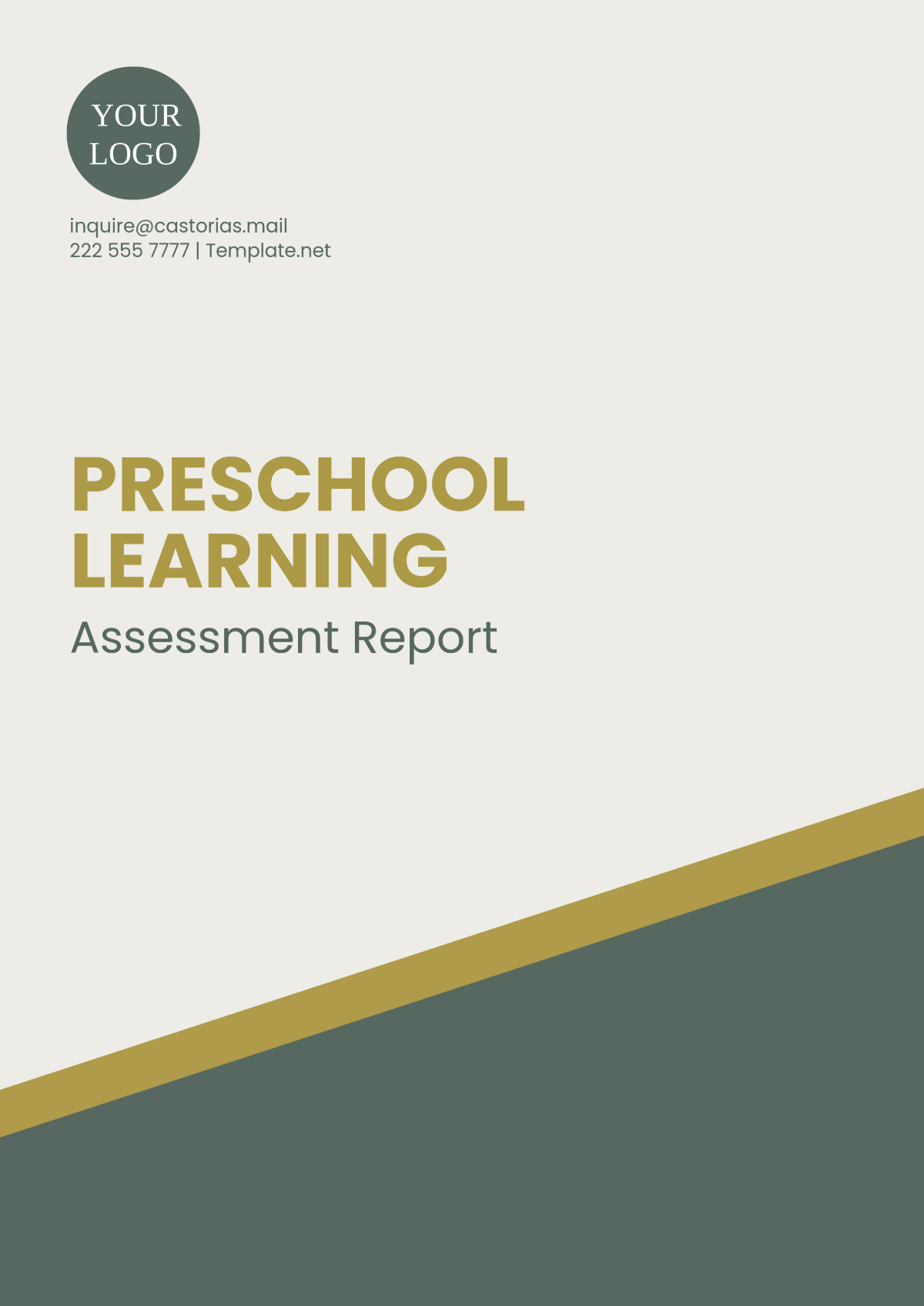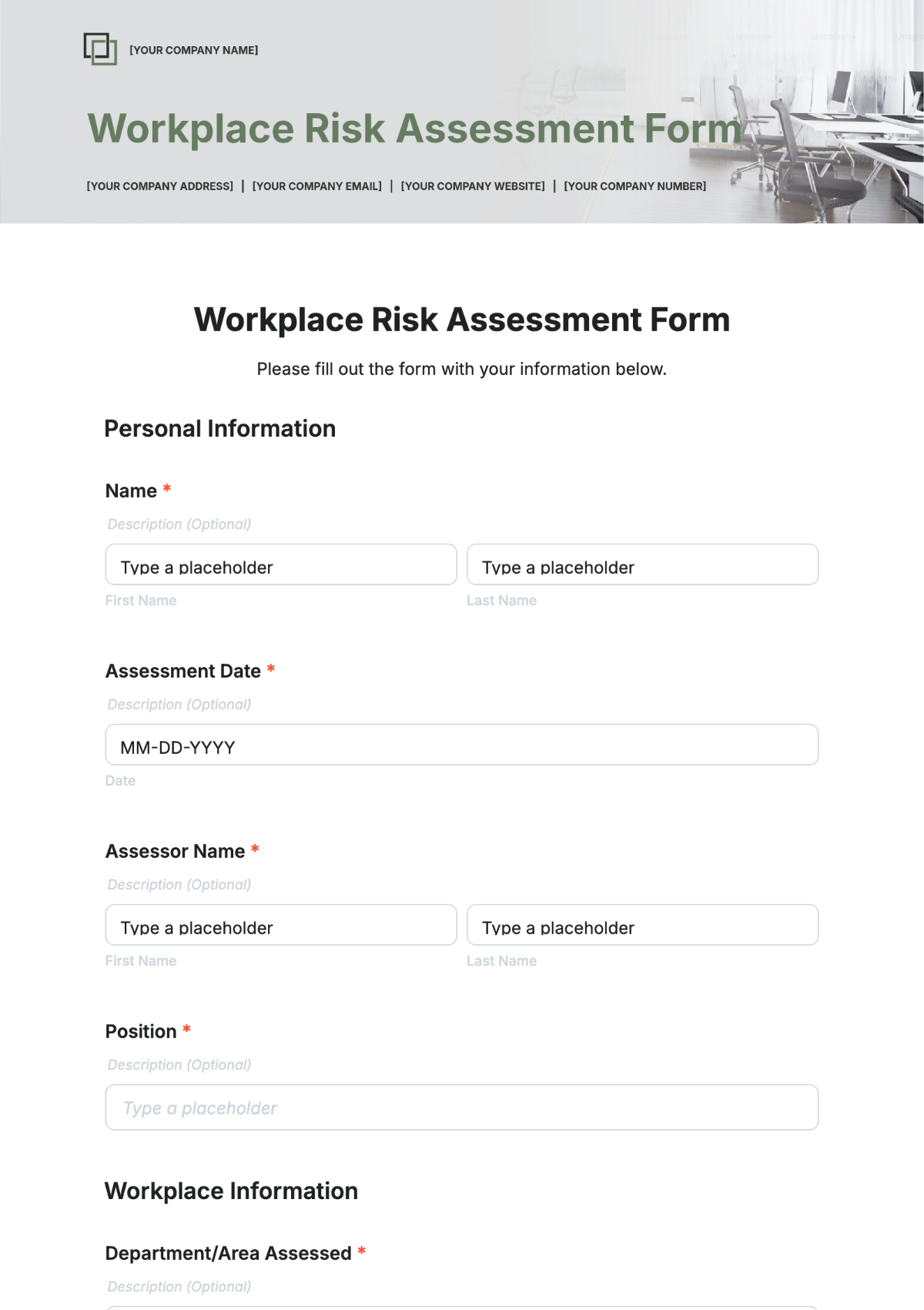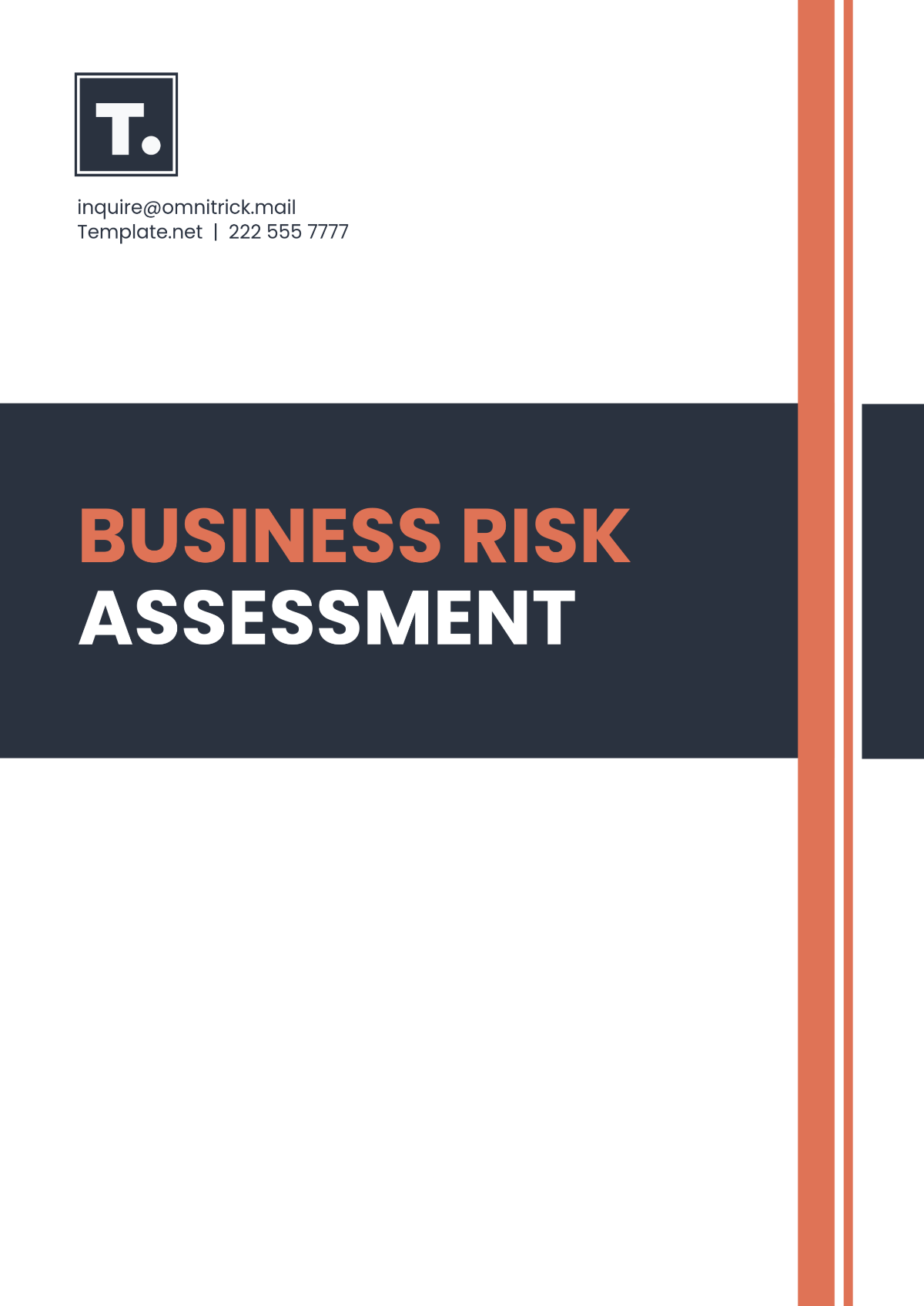Training Needs Assessment
I. Introduction
The purpose of this Training Needs Assessment is to identify the training requirements within [YOUR COMPANY NAME] to enhance employee skills, increase productivity, and improve performance. This assessment will help determine areas for improvement and inform the development of effective training programs.
II. Training Objectives
The primary objectives of this assessment are to:
Identify gaps in knowledge, skills, and abilities among employees.
Determine the specific training needs of various departments.
Align training programs with the company's goals and strategic vision.
Establish measurable outcomes for the training initiatives.
III. Assessment Methodology
This assessment will be carried out through:
Surveys/Questionnaires: Distributed to employees to gather feedback on their perceived training needs.
A total of 200 employees will participate in the survey, representing all departments.
Interviews: Conducted with department heads and key personnel to gain insights into performance gaps.
10 department managers will be interviewed.
Performance Data Analysis: Review of performance metrics to highlight areas requiring improvement.
Analysis will focus on KPIs such as sales figures, customer satisfaction scores, and production output.
Focus Groups: Discussions with teams to identify skill gaps and improvement opportunities.
Focus groups will include employees from 5 different departments.
IV. Target Audience
The training needs assessment will focus on the following employee groups:
Sales Department
Customer Support Team
Production Staff
Marketing Team
V. Key Skills and Competencies Identified
Based on preliminary data and feedback, the following key skills and competencies are identified as needing development:
Sales Negotiation Skills
65% of sales team members rated themselves as needing improvement in closing deals.
Customer Service Communication
50% of the customer support team struggles with managing difficult customer interactions.
Advanced Data Analytics
40% of marketing staff need to improve their ability to analyze and interpret data.
Team Collaboration and Leadership
30% of production staff report challenges in collaborating across teams.
VI. Recommended Training Programs
Based on the identified training needs, the following programs are recommended:
Sales Mastery Workshop
Focus on negotiation strategies, customer rapport building, and closing techniques.
Advanced Customer Communication Training
Workshops on empathy, active listening, and conflict resolution techniques.
Data Analytics for Marketing Professionals
Online course covering data interpretation, report generation, and using analytics tools.
Leadership and Team Collaboration Program
Leadership coaching and team-building exercises for the production staff.
VII. Training Delivery Methods
The training will be delivered through the following methods:
In-person Workshops
3-day workshop for Sales and Customer Service teams in April 2056.
Online Courses
Data Analytics course will be available through the company’s Learning Management System (LMS) starting May 2056.
Webinars and Virtual Sessions
Monthly webinars for Marketing and Production teams, covering relevant topics.
On-the-job Training
Job shadowing for new employees, to be completed within the first 6 months of employment.
Mentorship and Coaching
One-on-one coaching for mid-level managers in the Production department starting June 2056.
VIII. Timeline and Budget
Timeline:
Sales Workshop: April 1–3, 2056
Customer Communication Training: April 10–12, 2056
Data Analytics Course: May 1–June 30, 2056
Leadership Program: June 15–17, 2056
Budget:
Total Training Budget: $75,000
Sales Workshop: $15,000
Customer Service Training: $12,000
Data Analytics Course: $10,000
Leadership Program: $18,000
Miscellaneous (Materials, Travel, etc.): $20,000
IX. Evaluation and Feedback
Post-training evaluations will be conducted to assess the effectiveness of the training programs. Feedback will be gathered from participants to determine whether the training objectives were met and to identify areas for improvement.
Evaluation Questions:
On a scale of 1 to 5, how satisfied were you with the training content?
How confident are you in applying the new skills learned?
What improvements do you suggest for future training sessions?
X. Conclusion
The successful implementation of this Training Needs Assessment will provide [YOUR COMPANY NAME] with valuable insights into the areas where training is most needed. This will ensure that employees are equipped with the necessary skills to contribute to the company’s growth and success in 2056.
